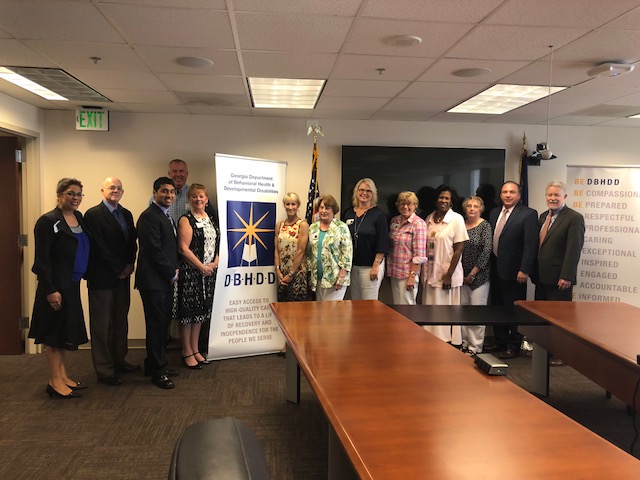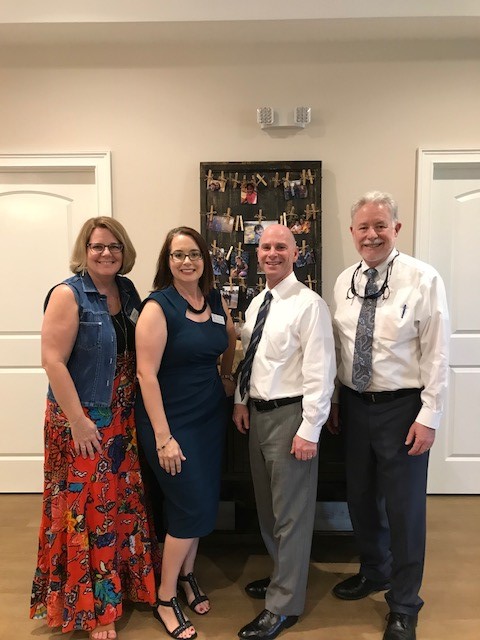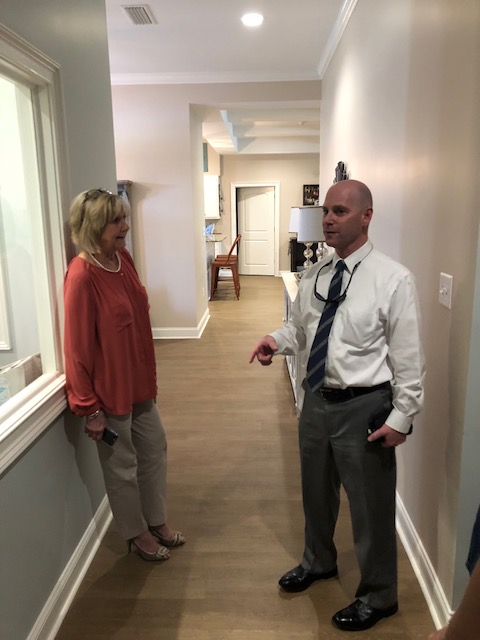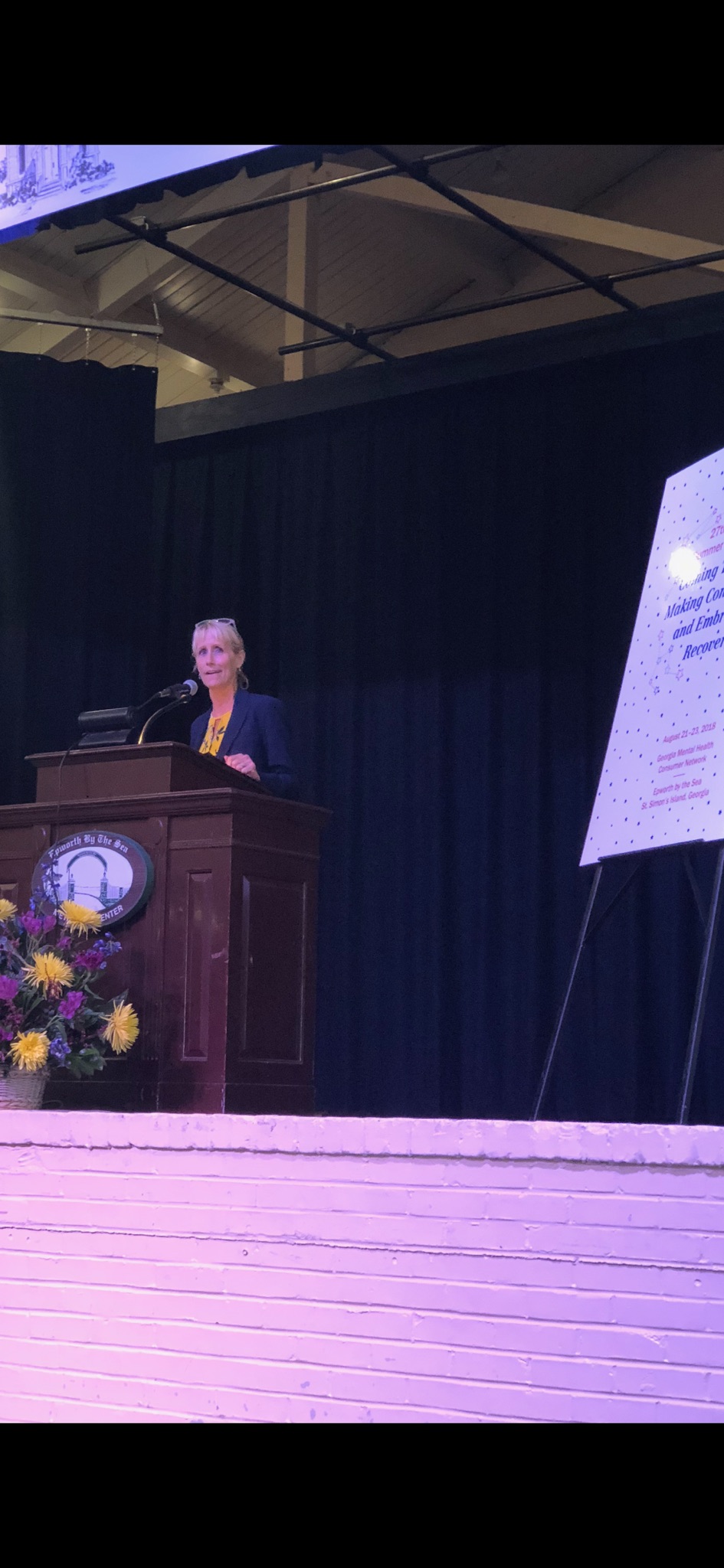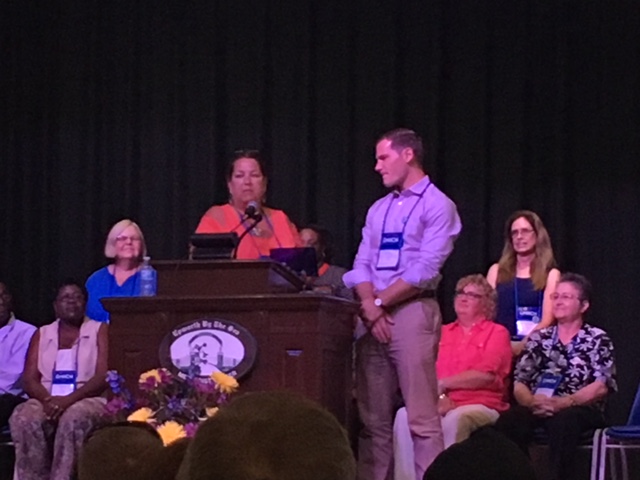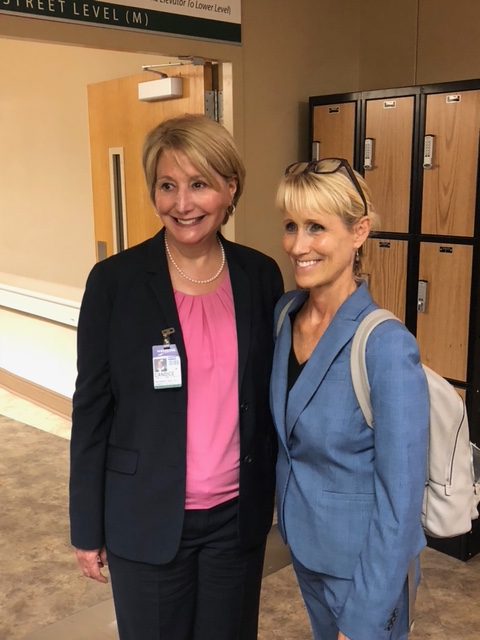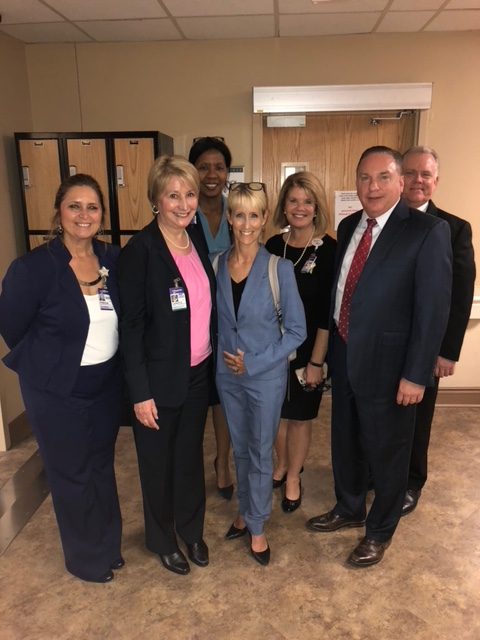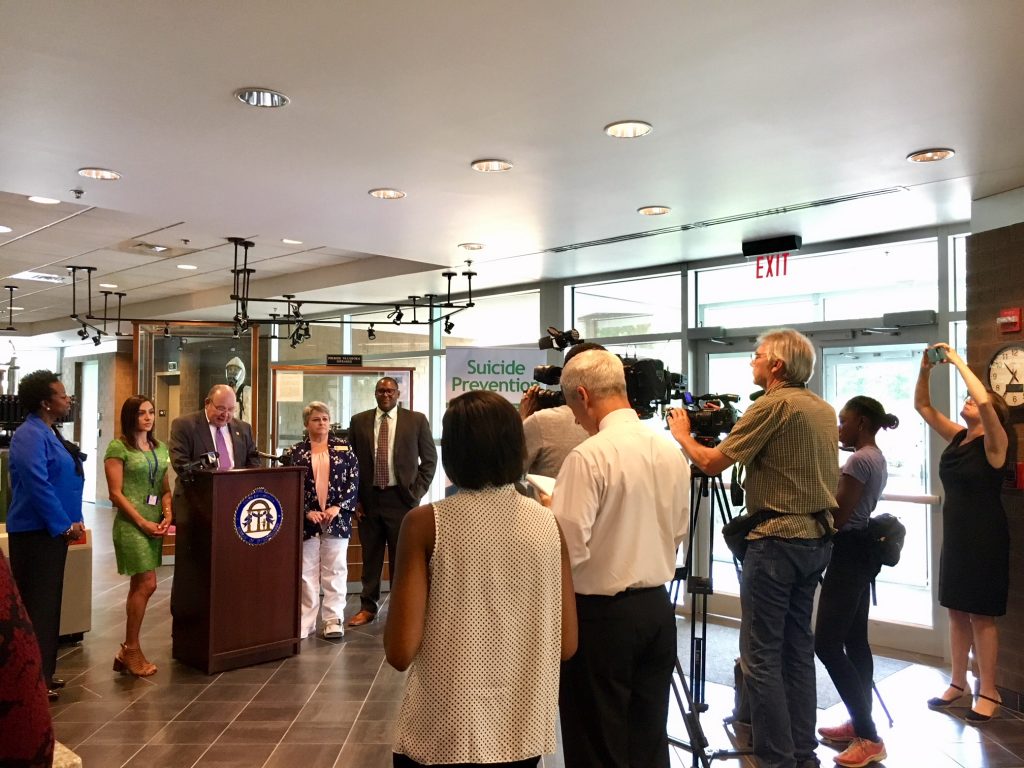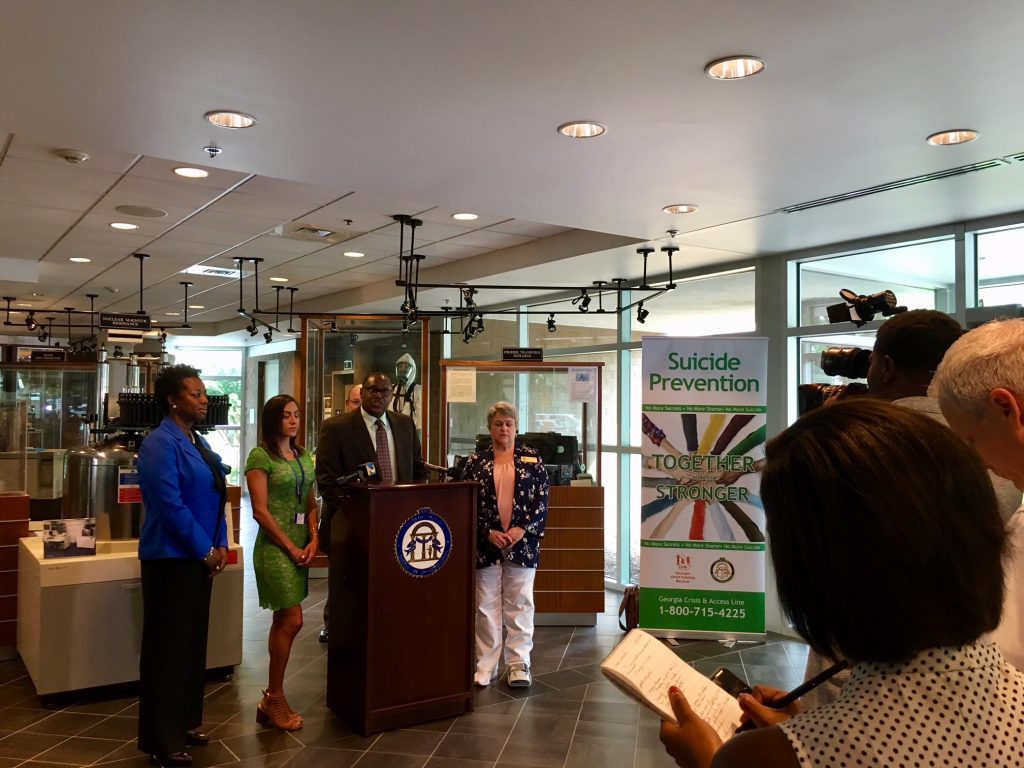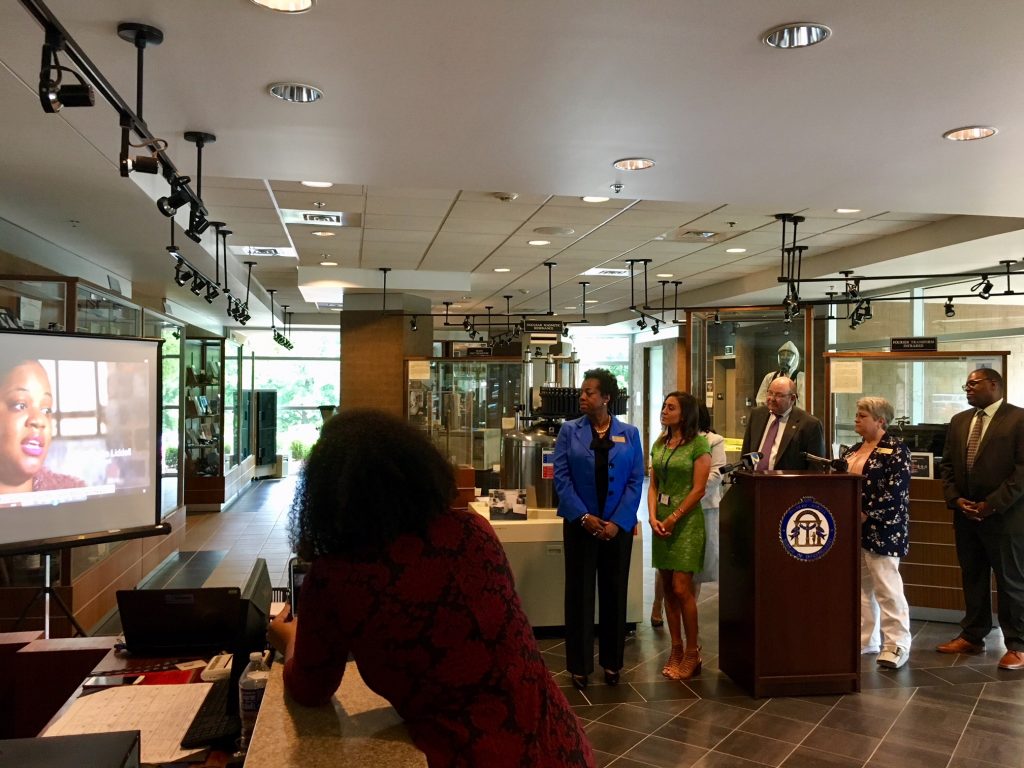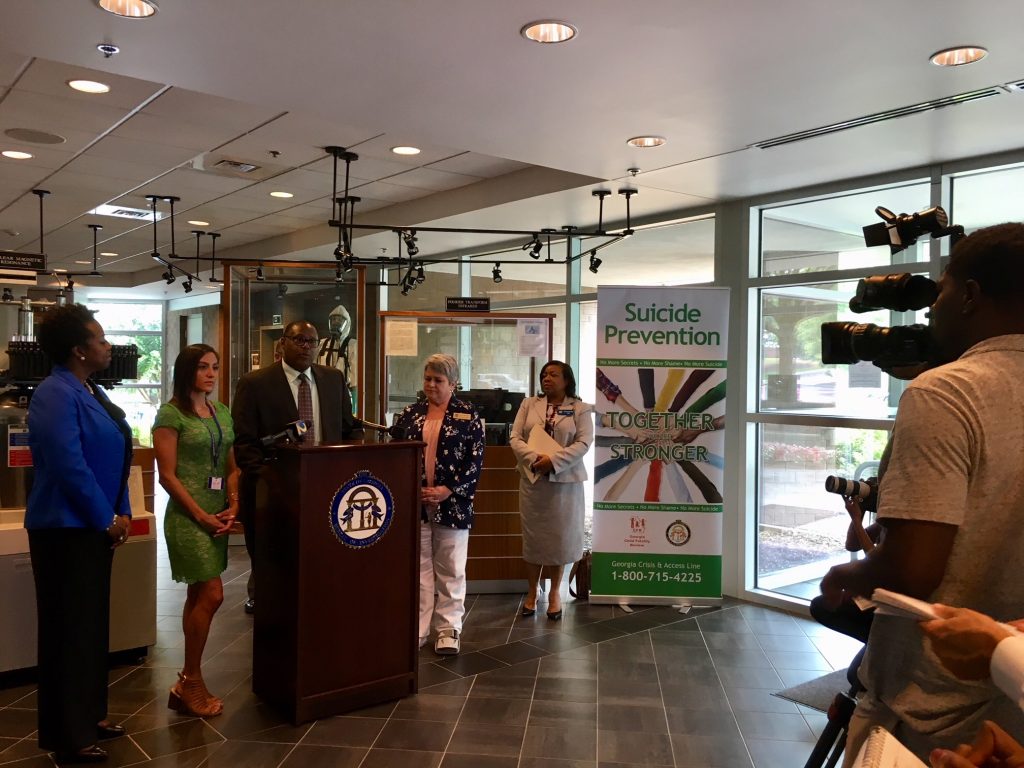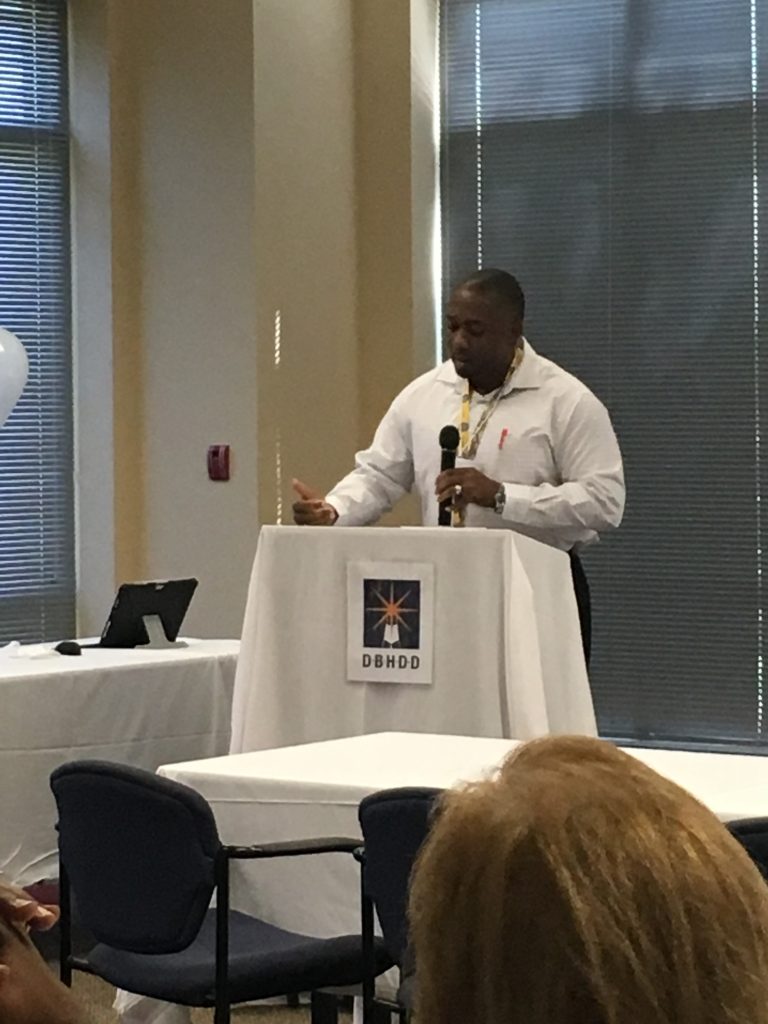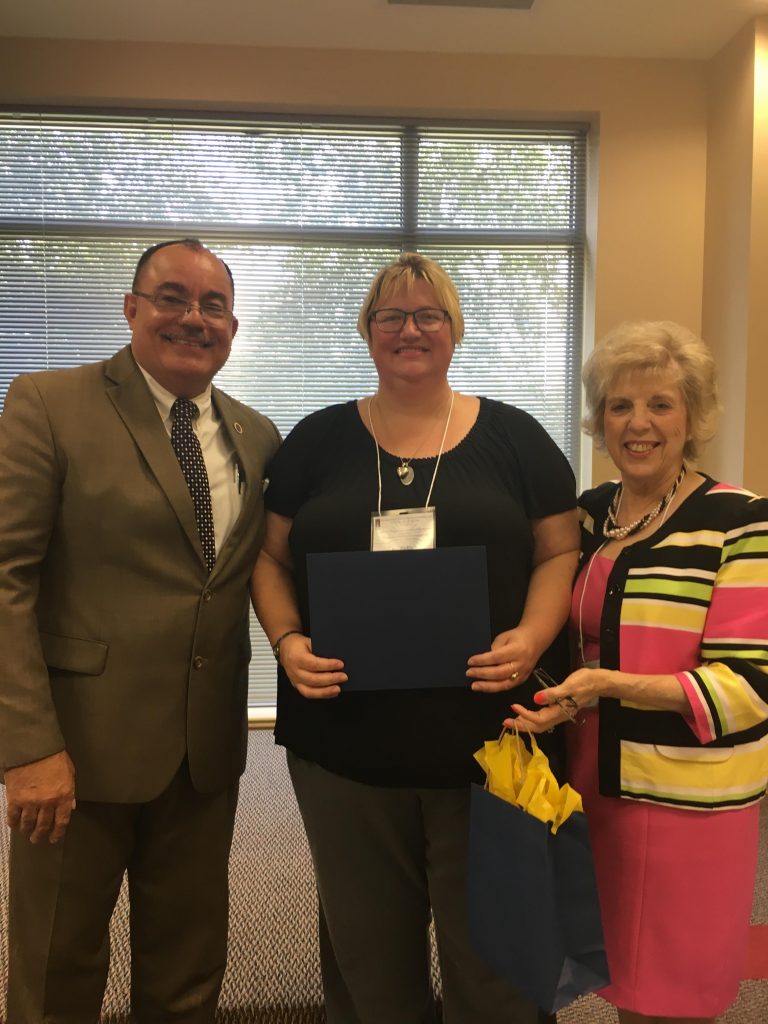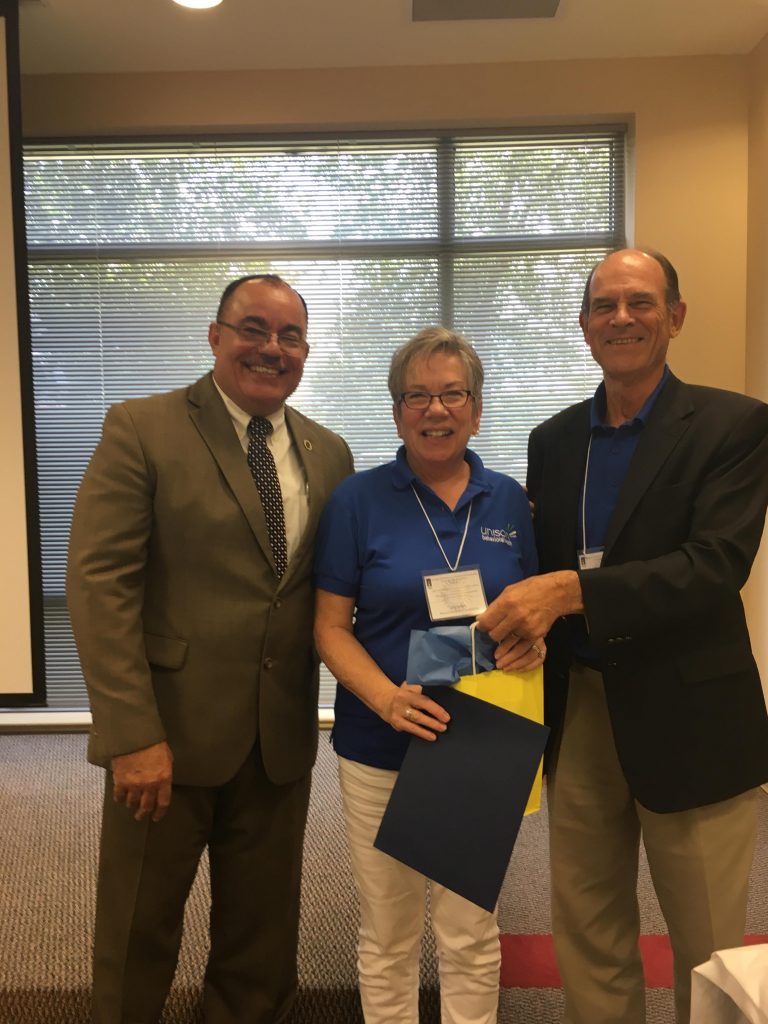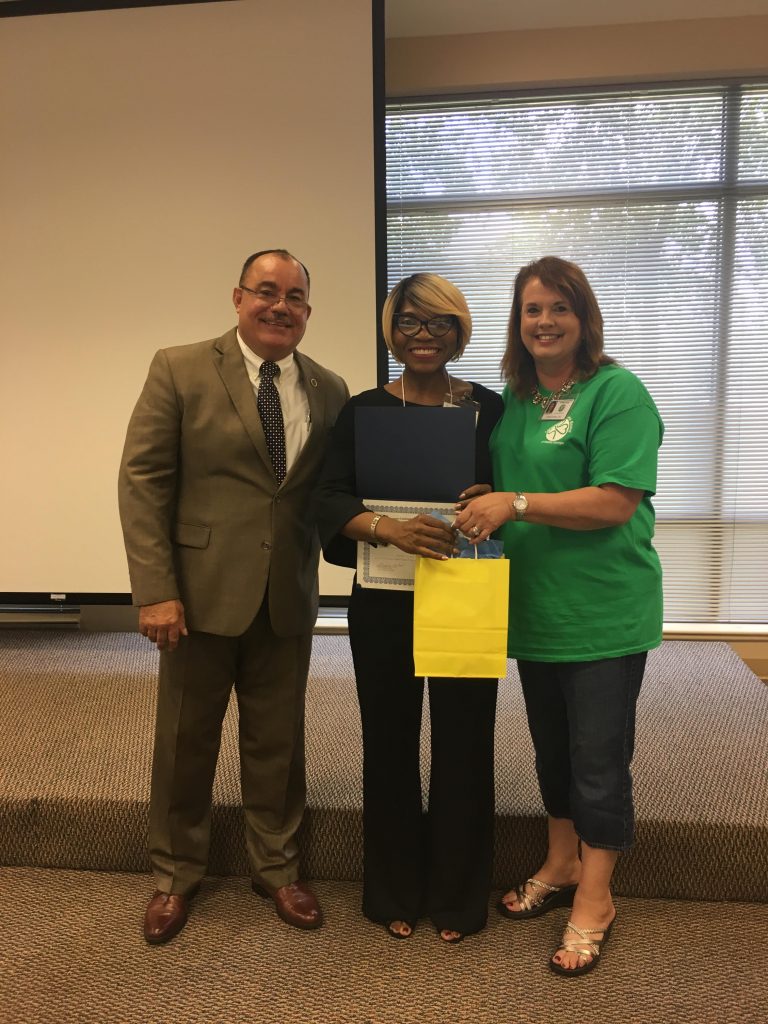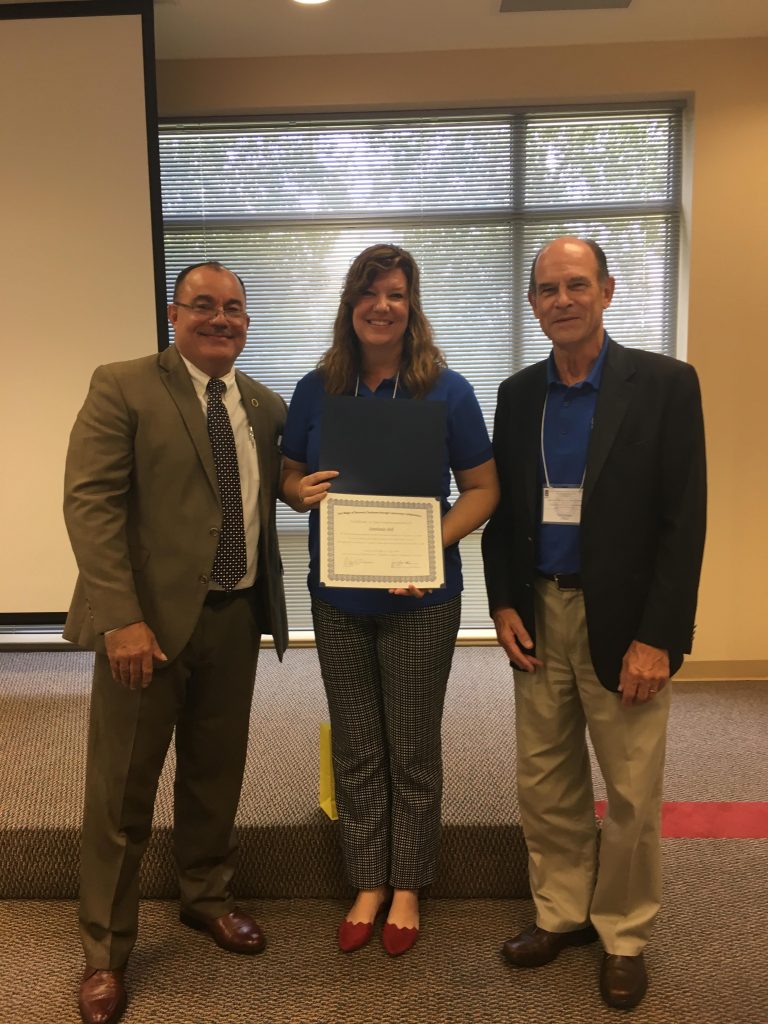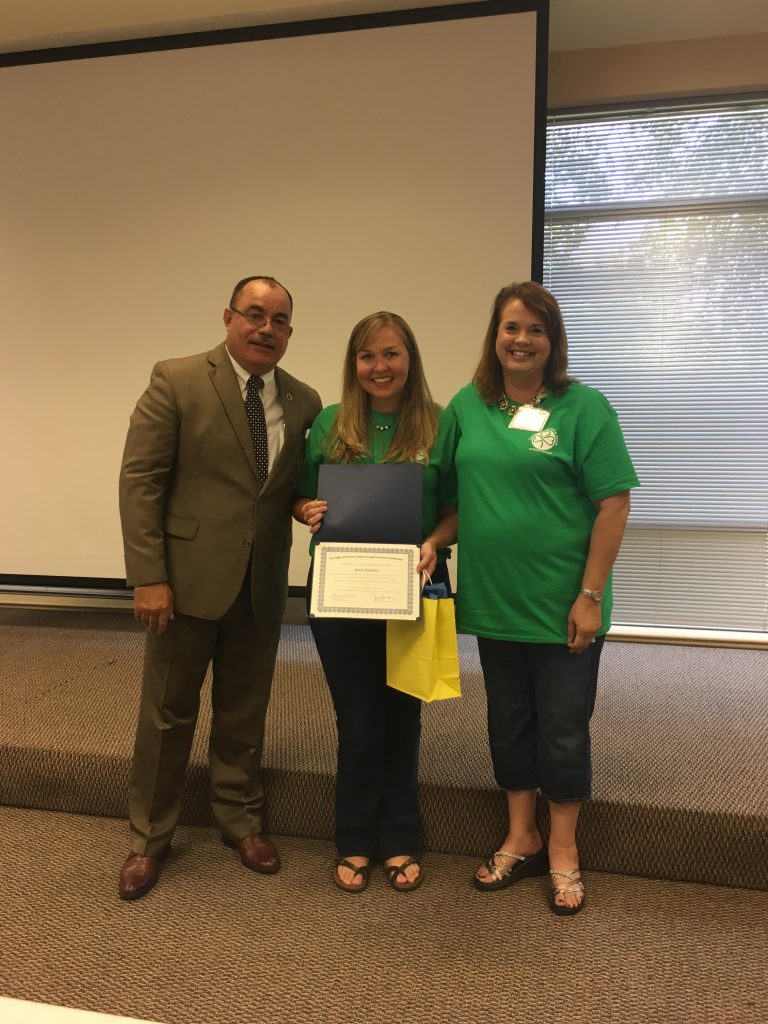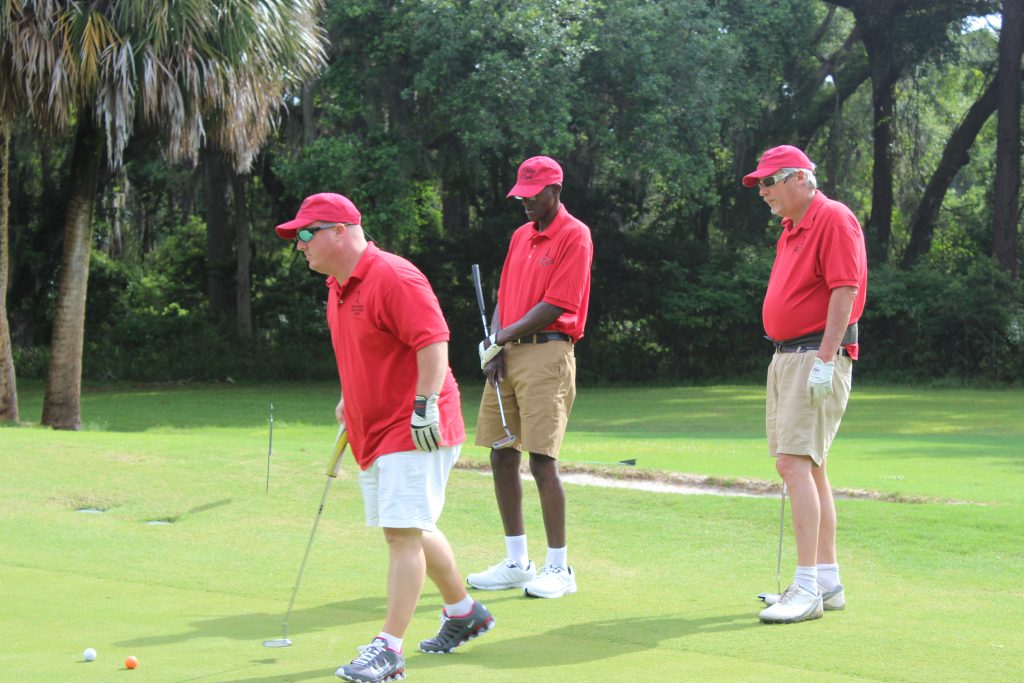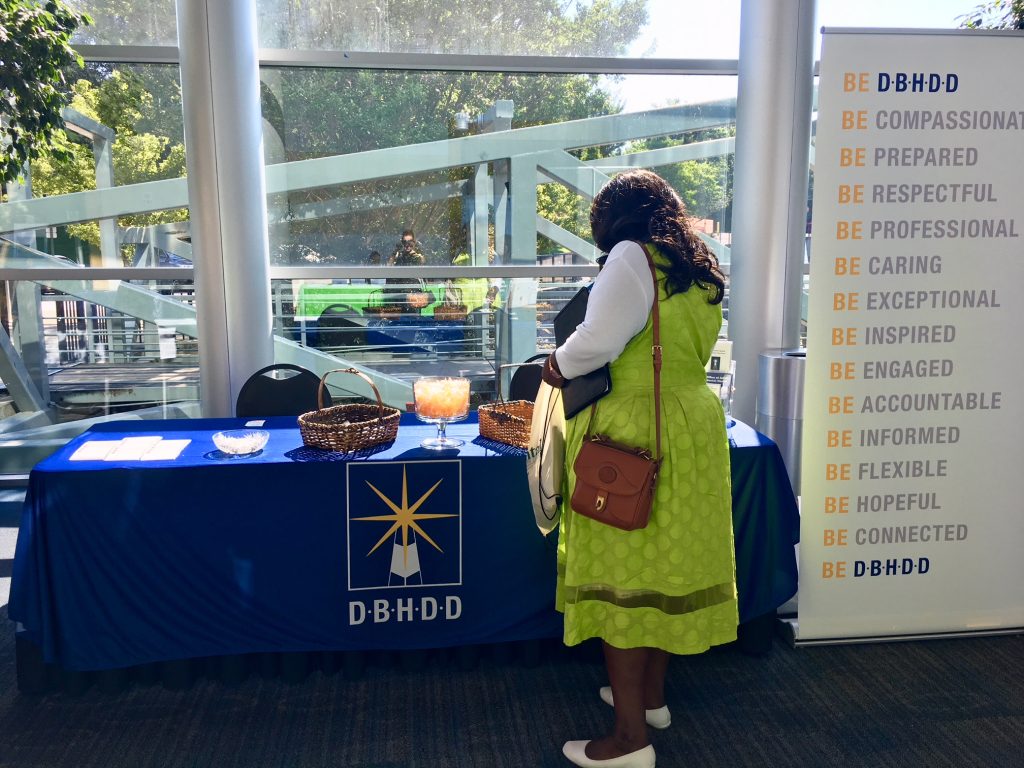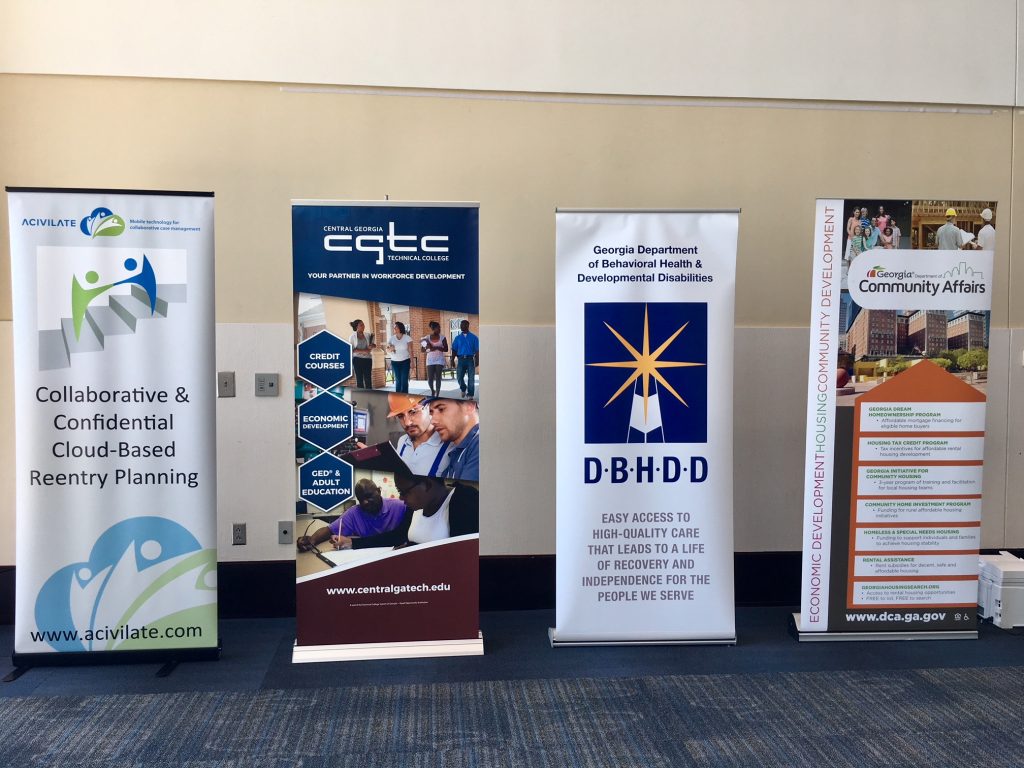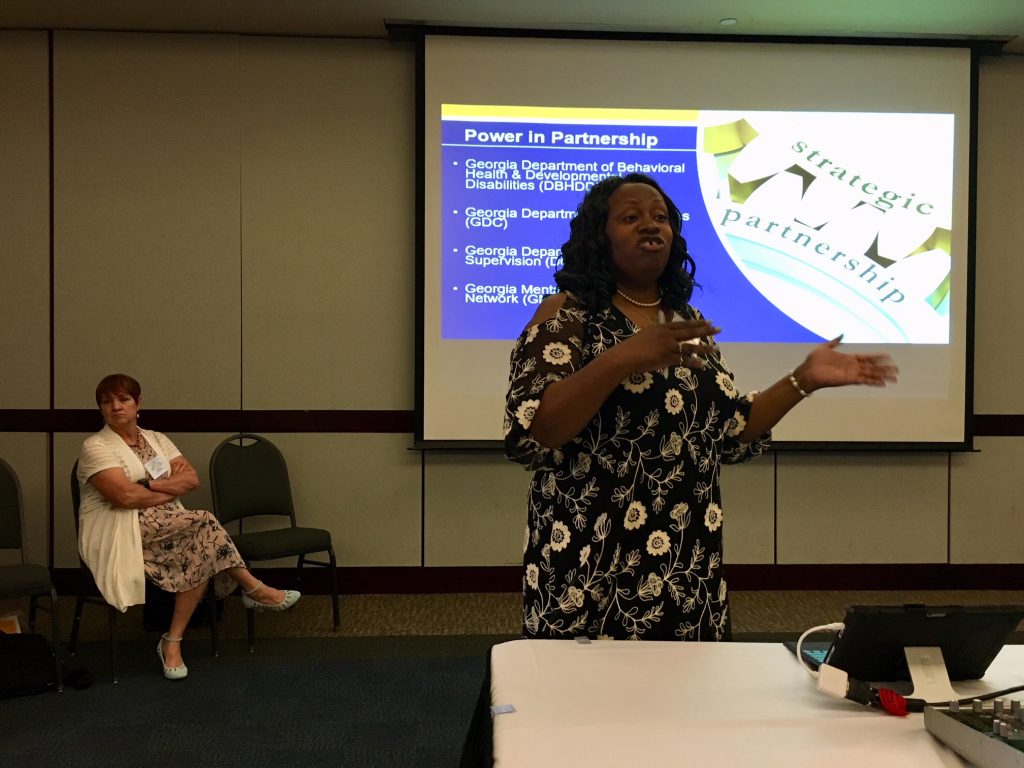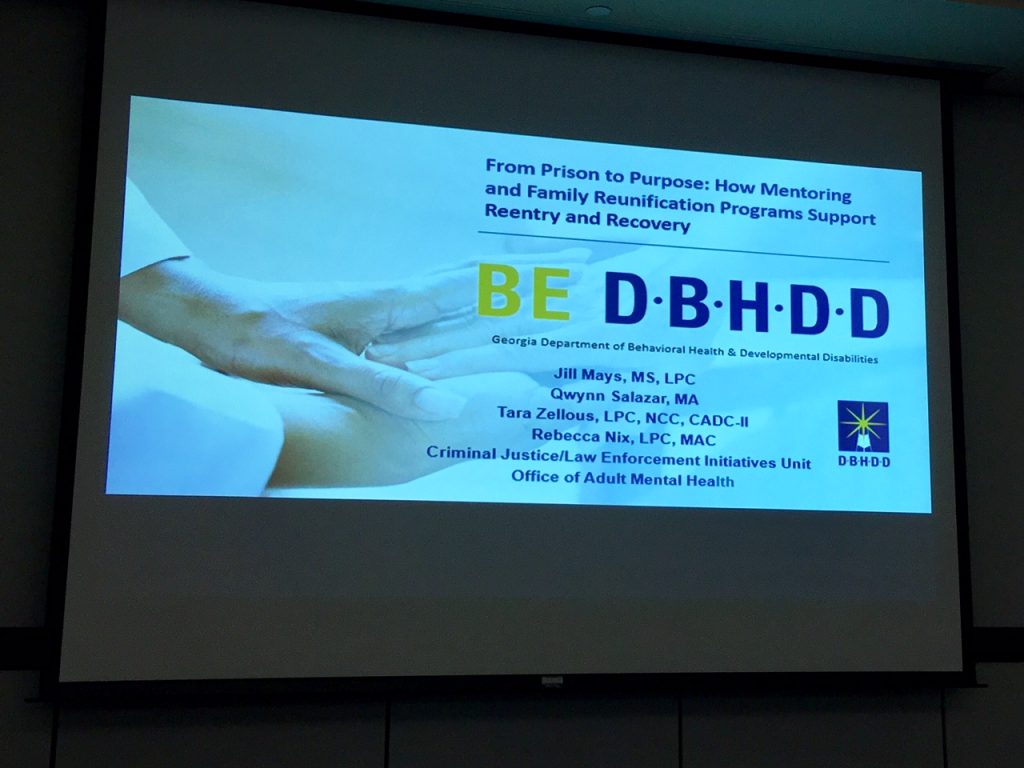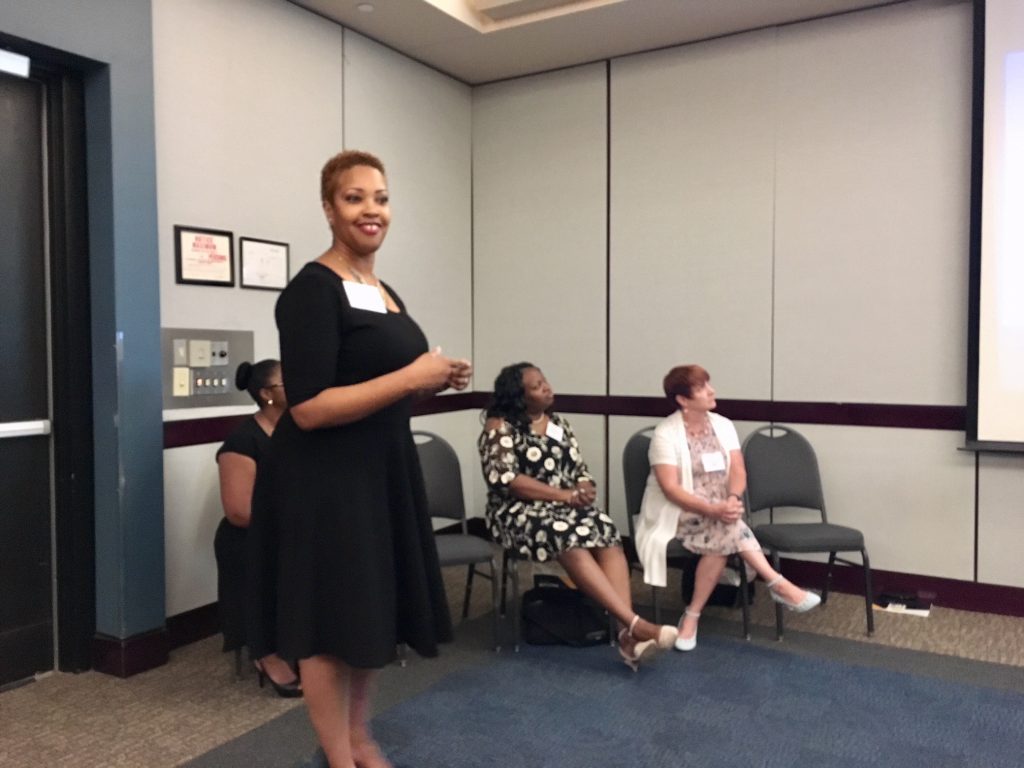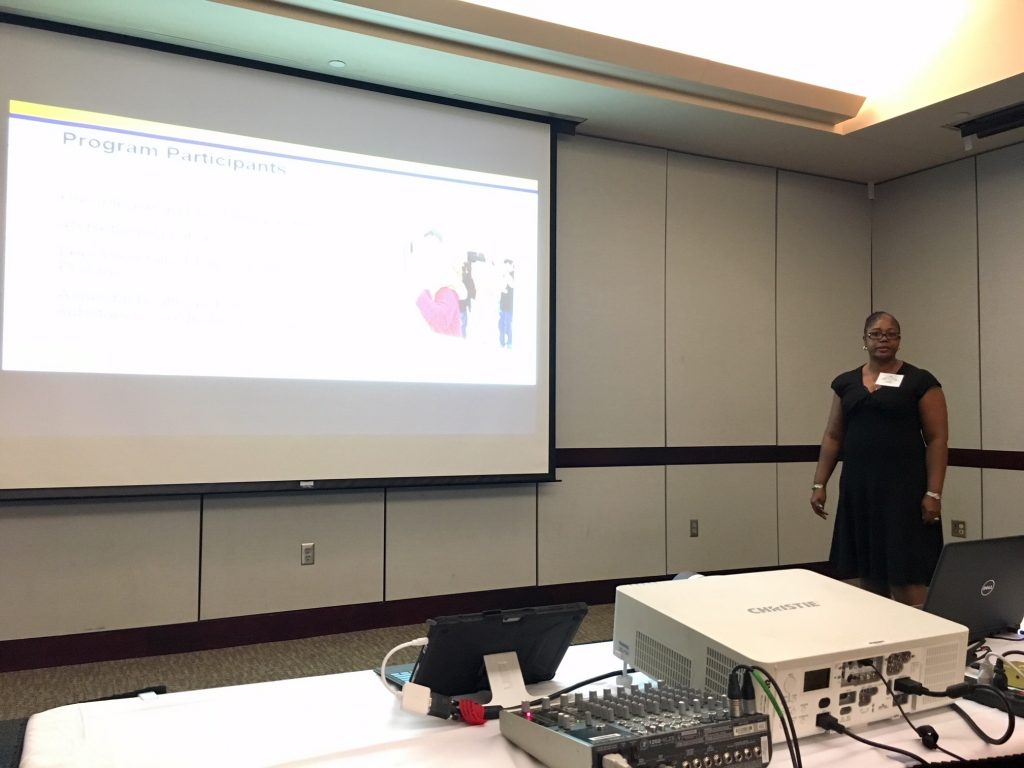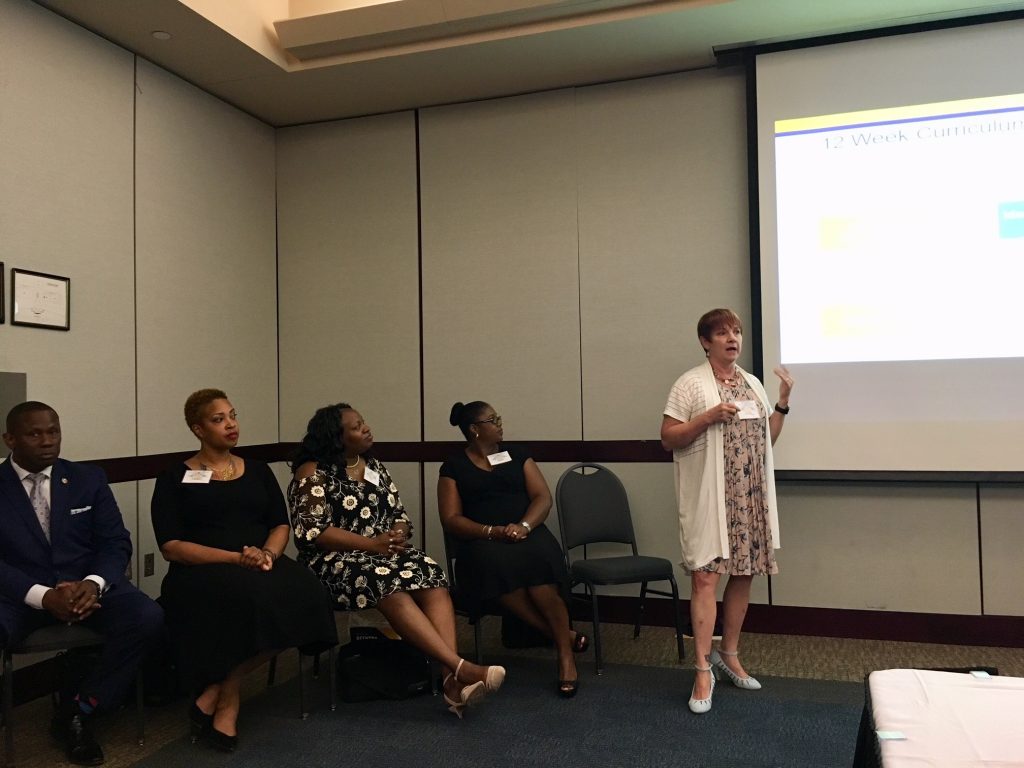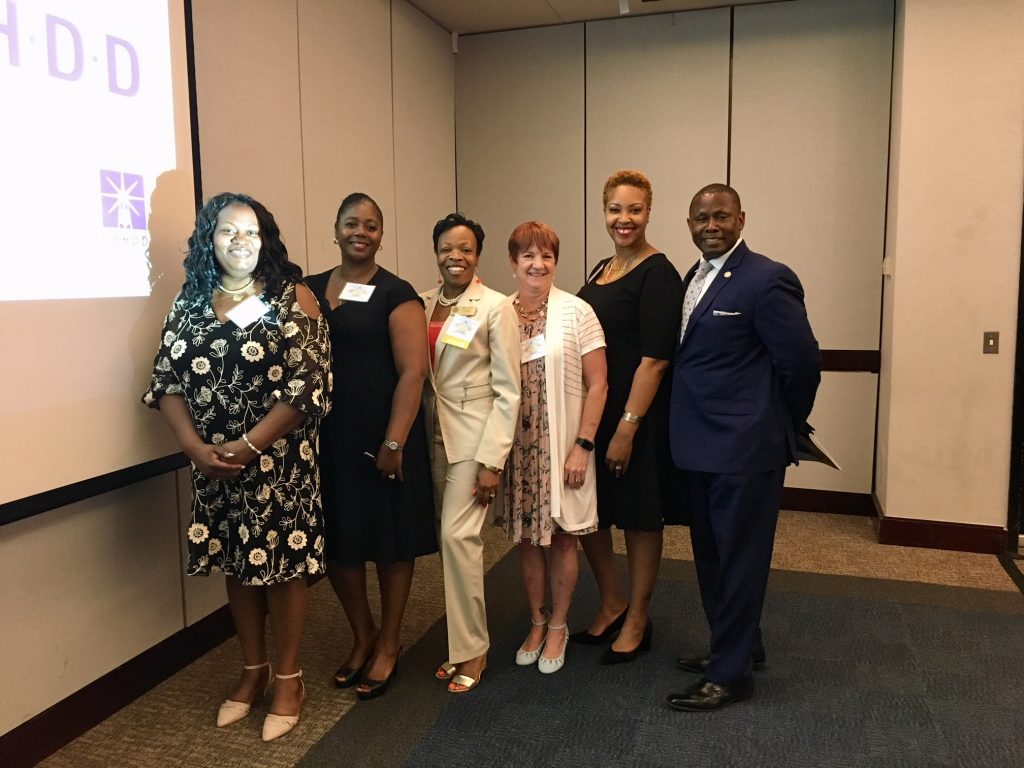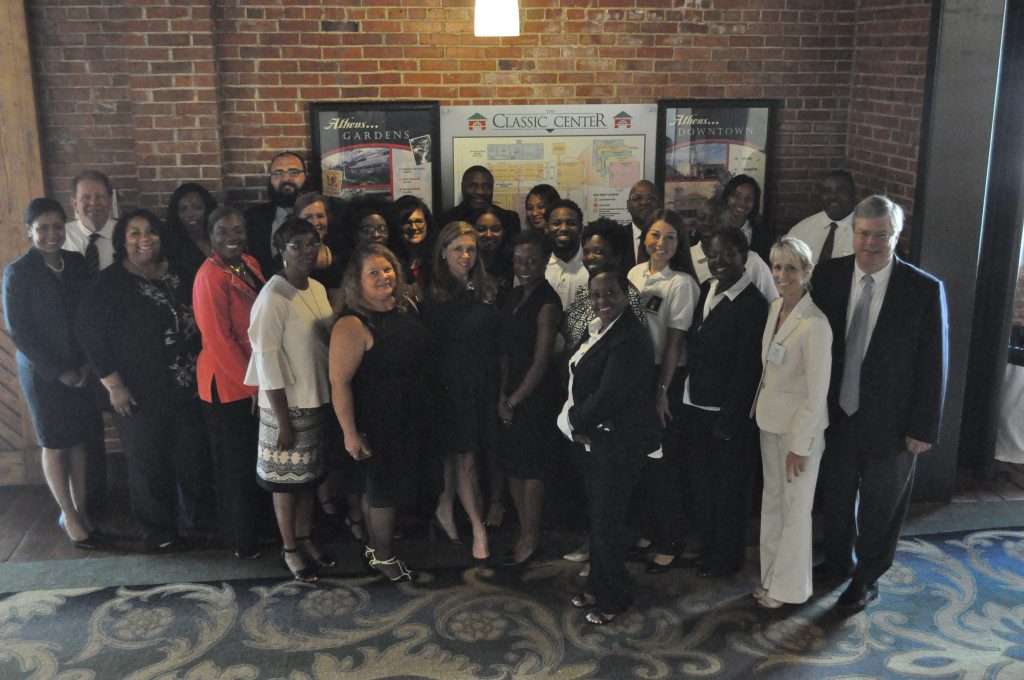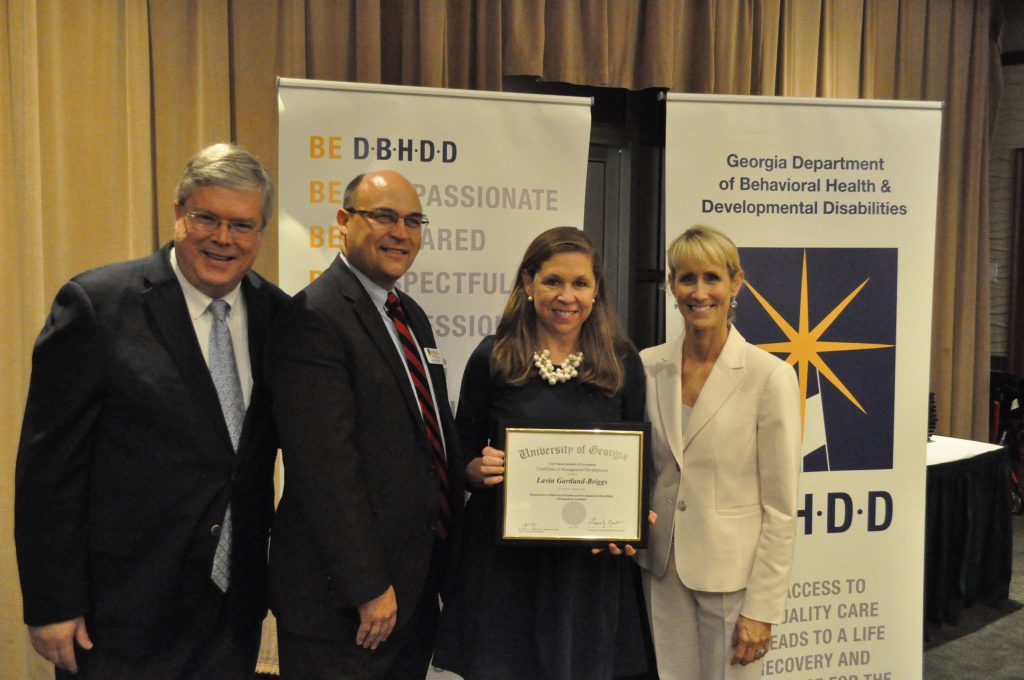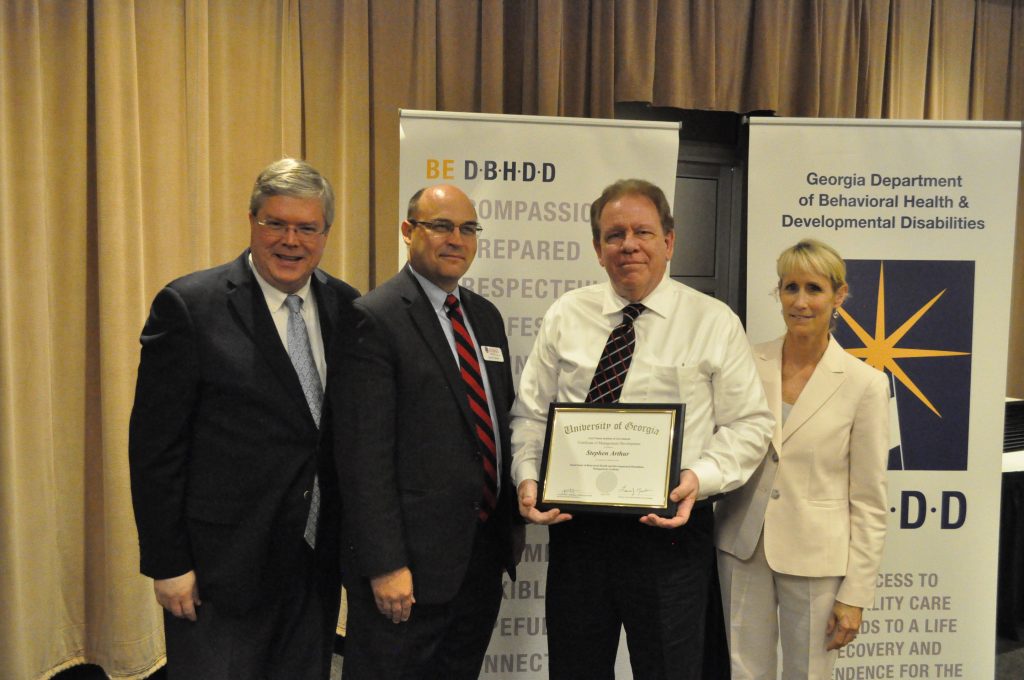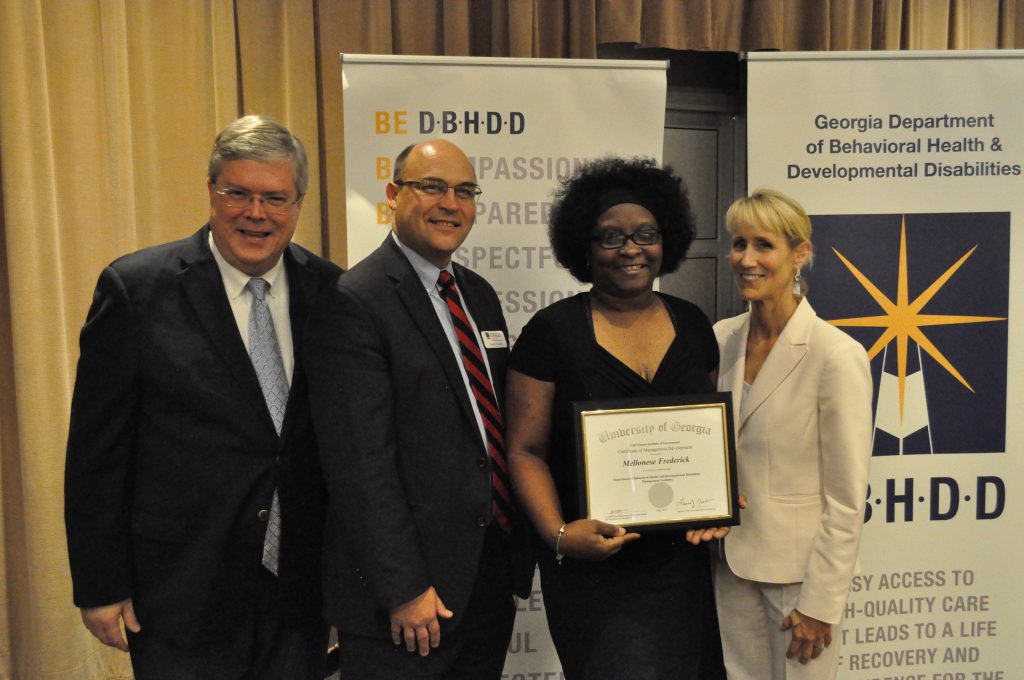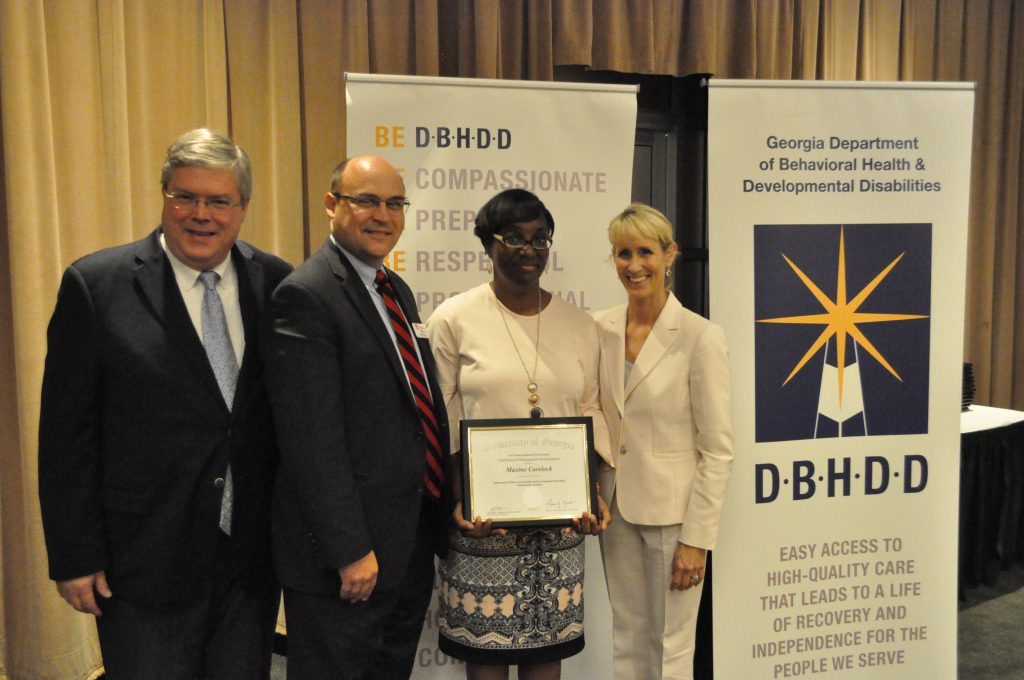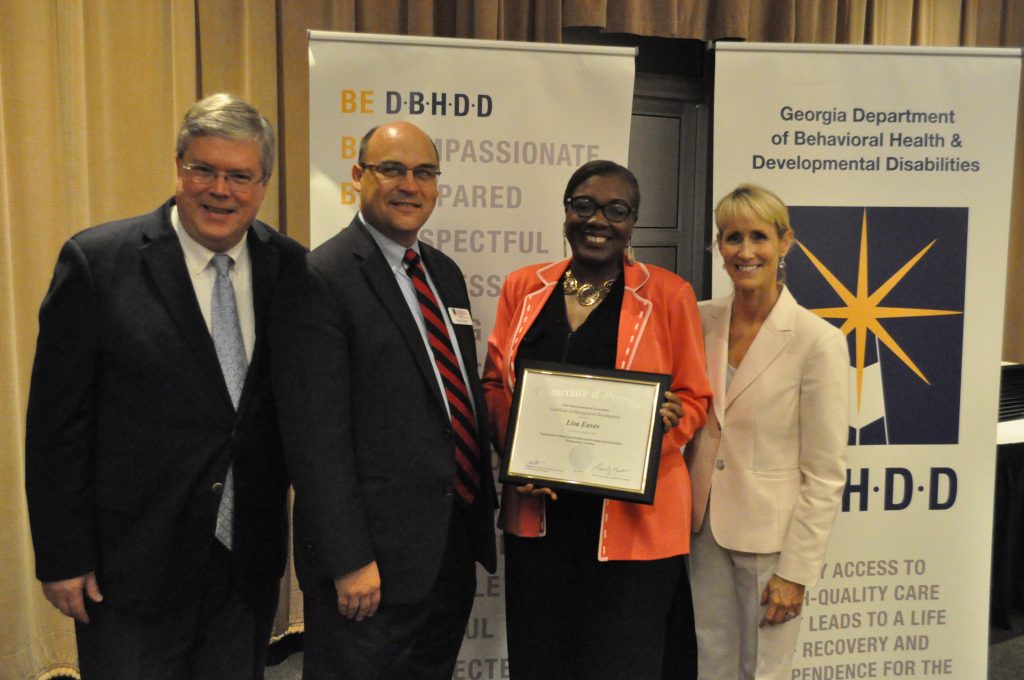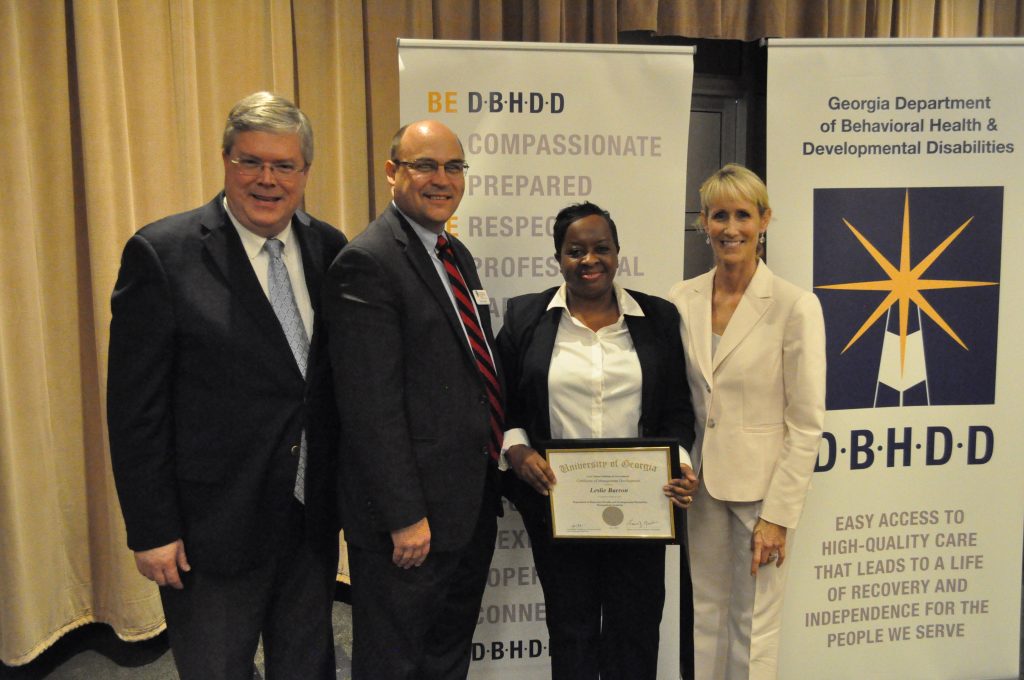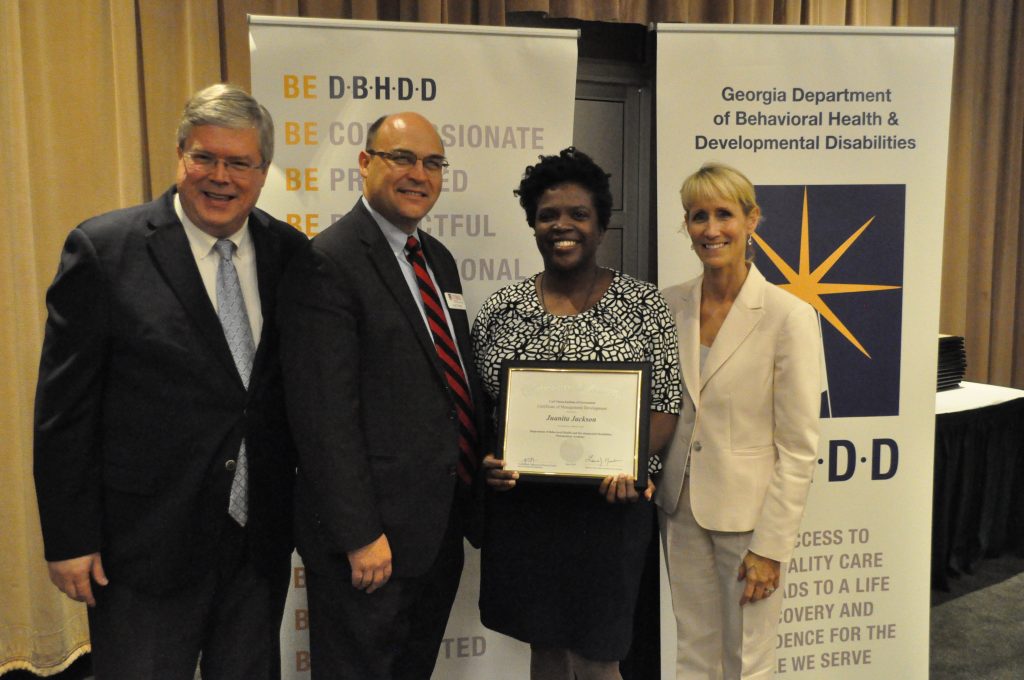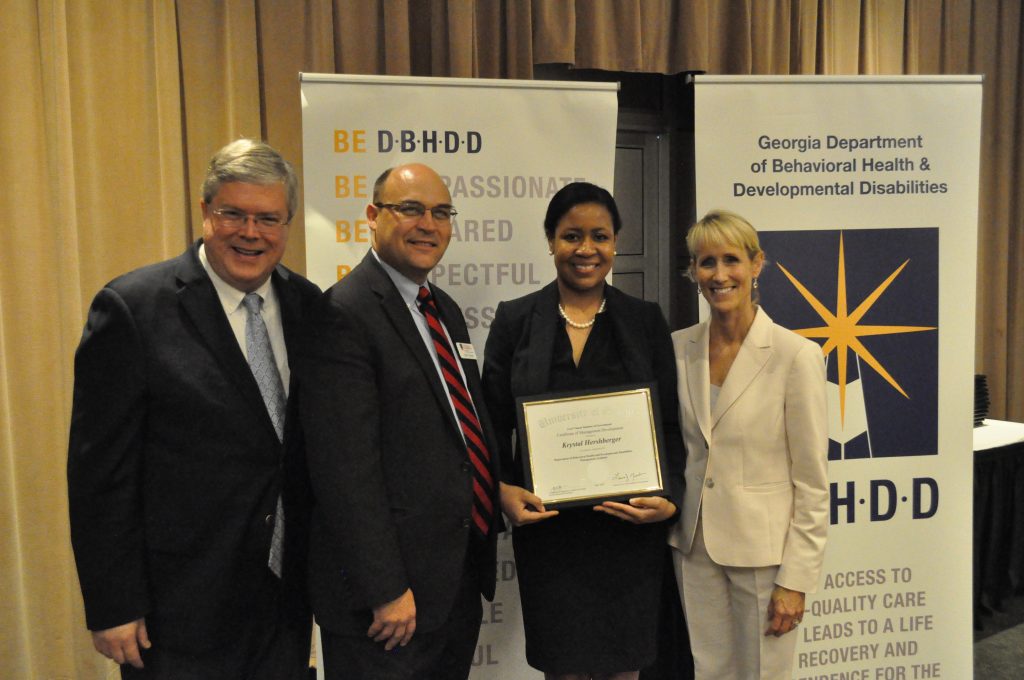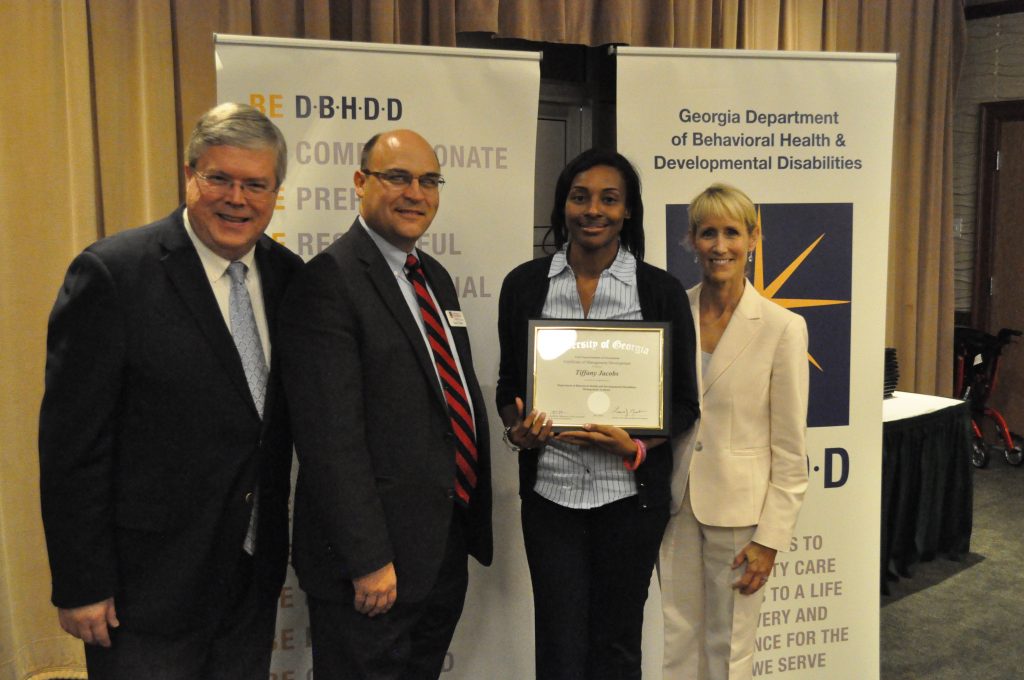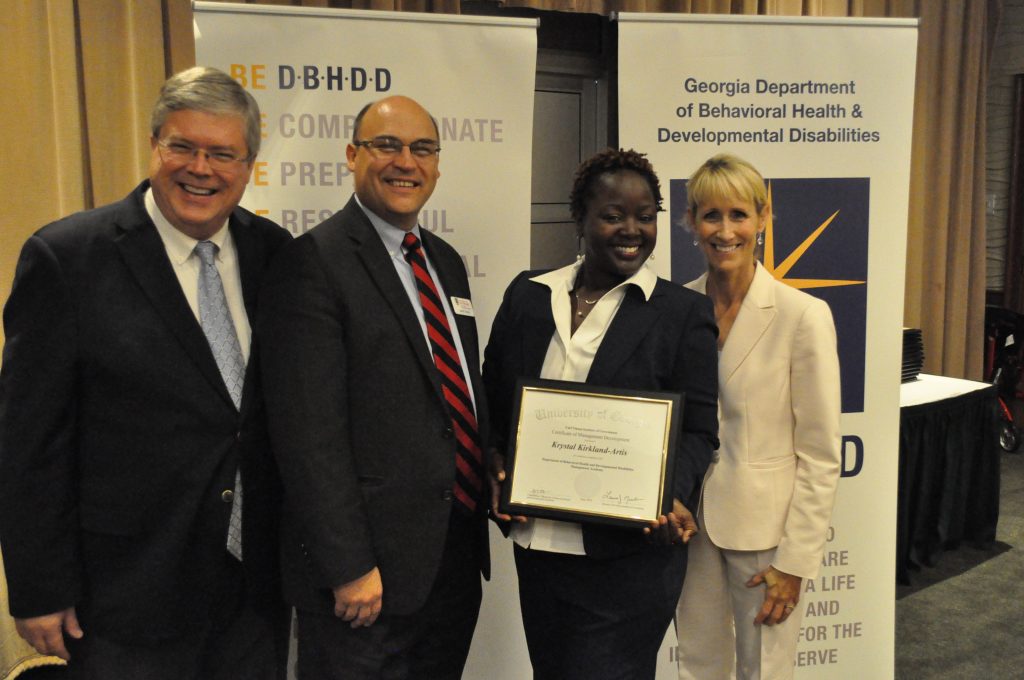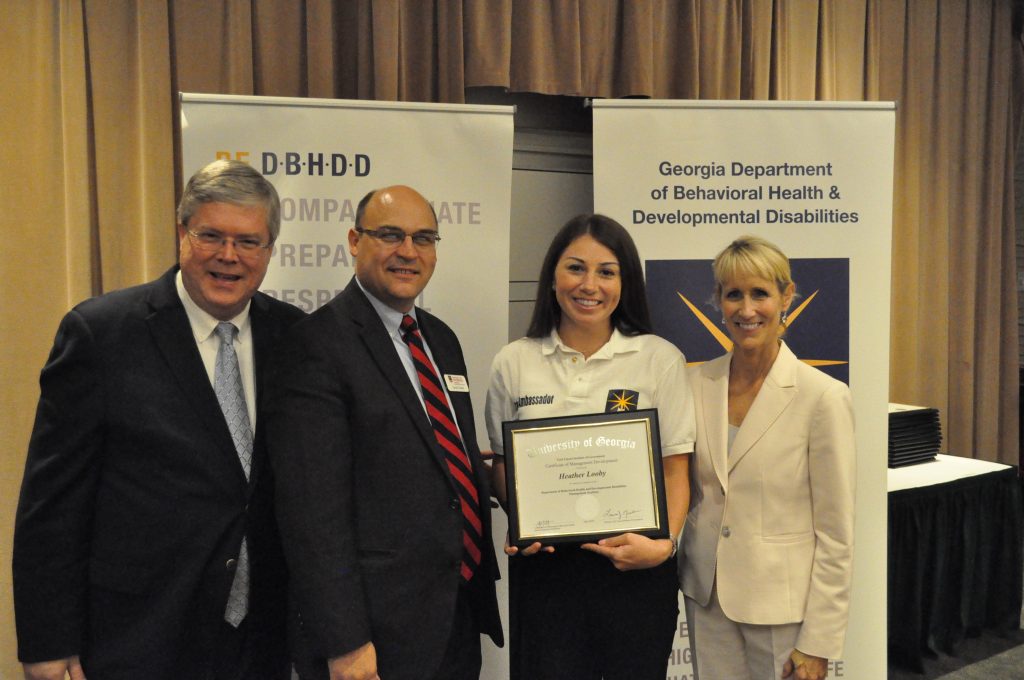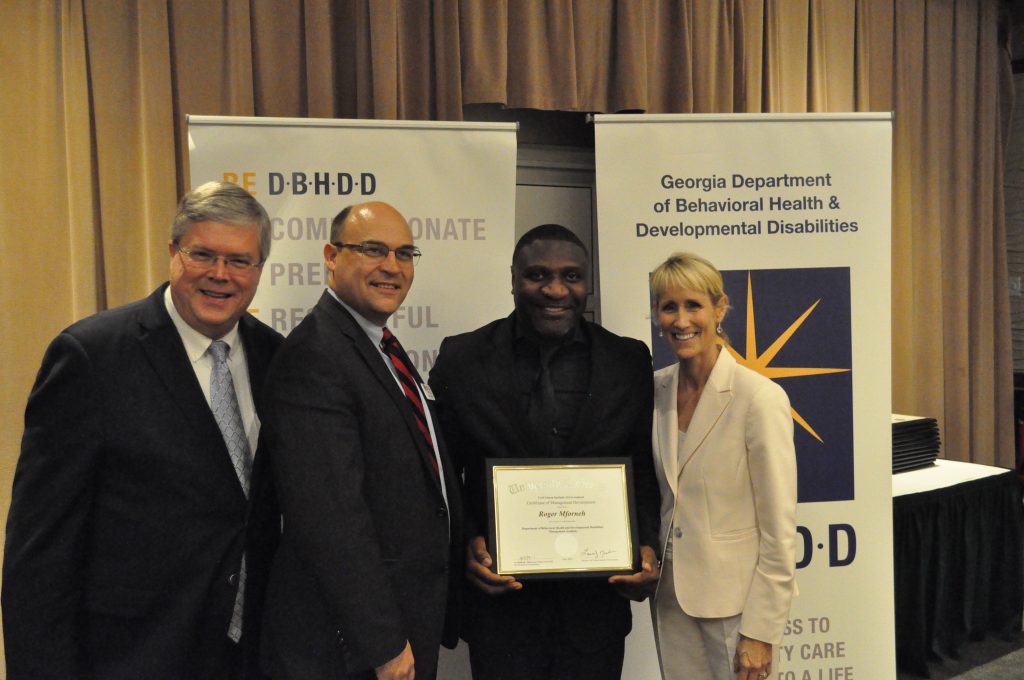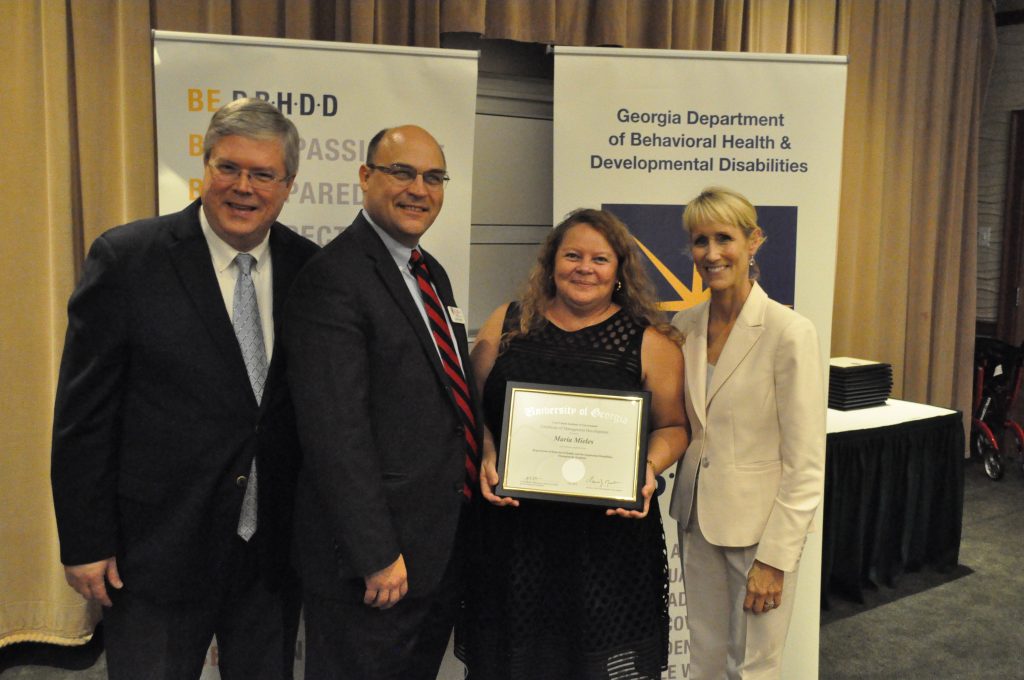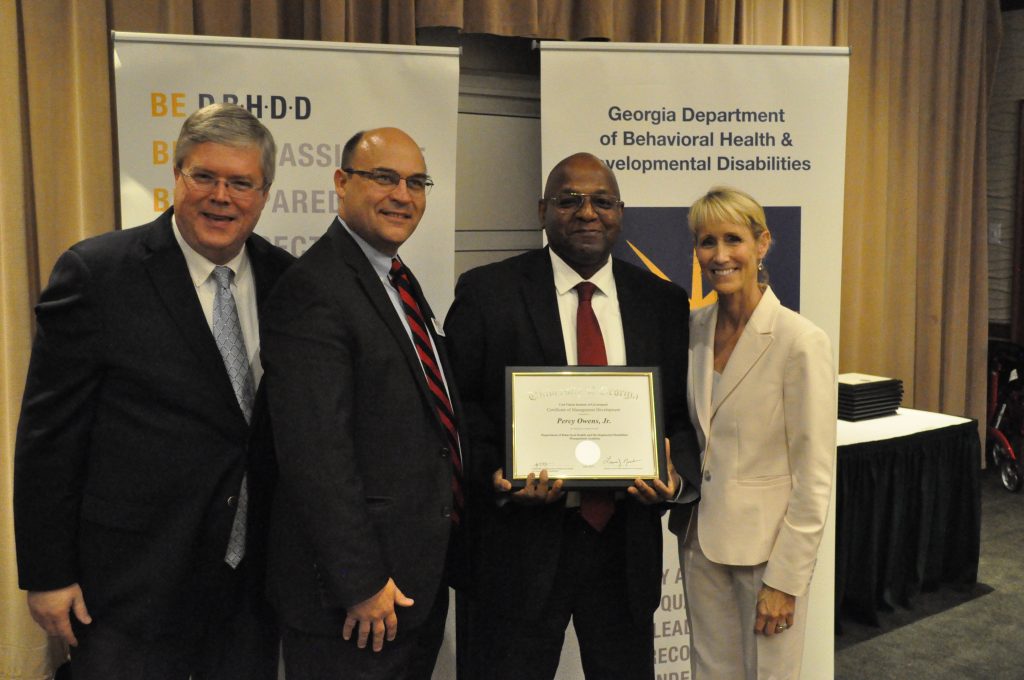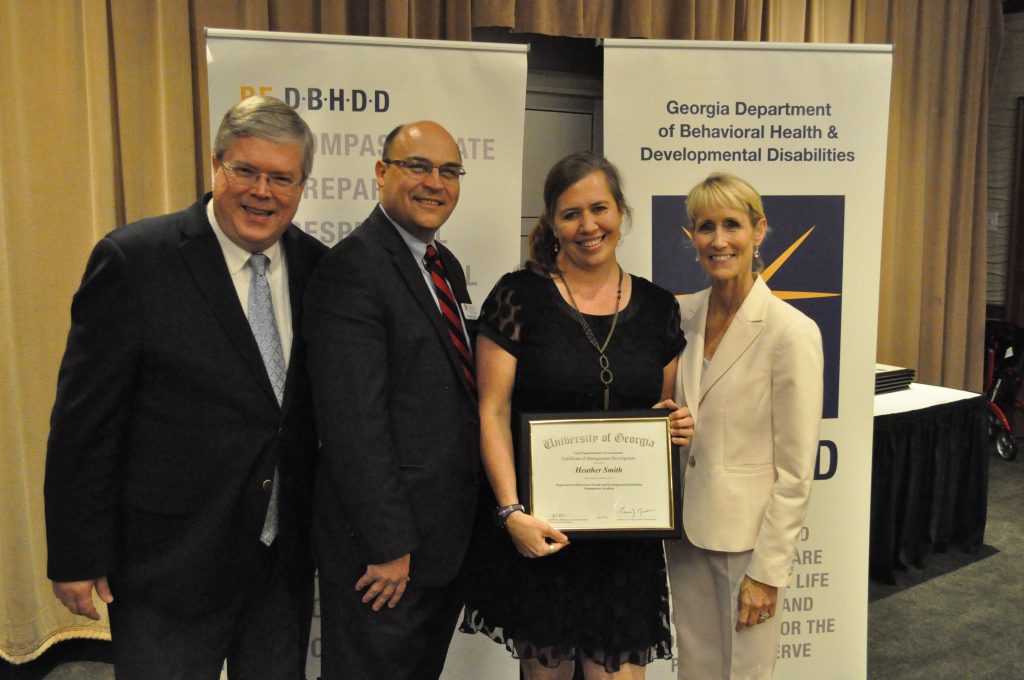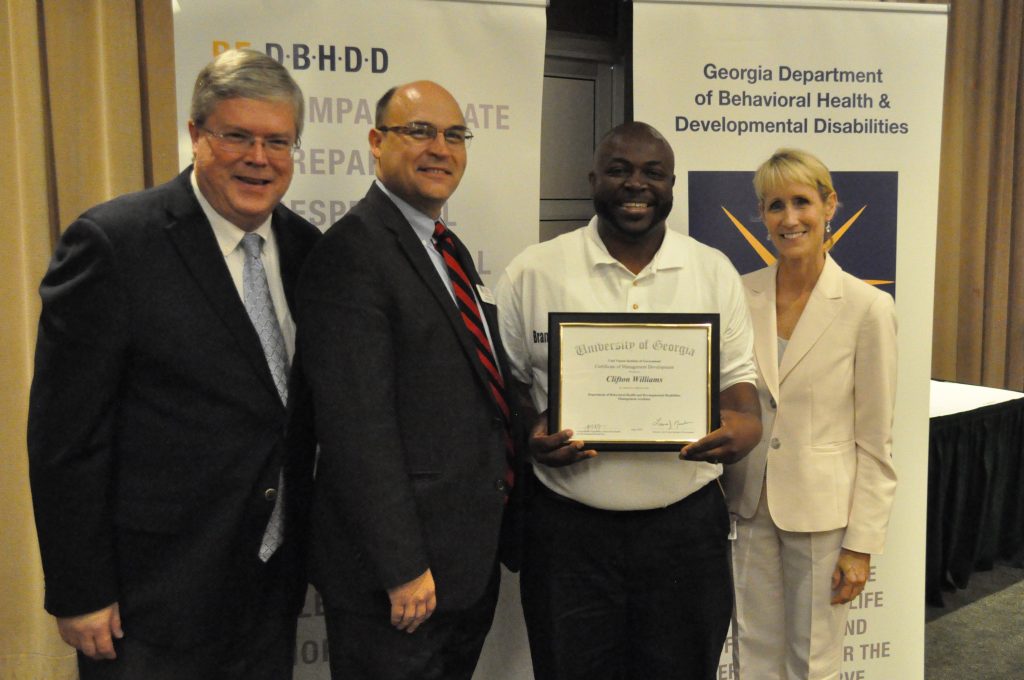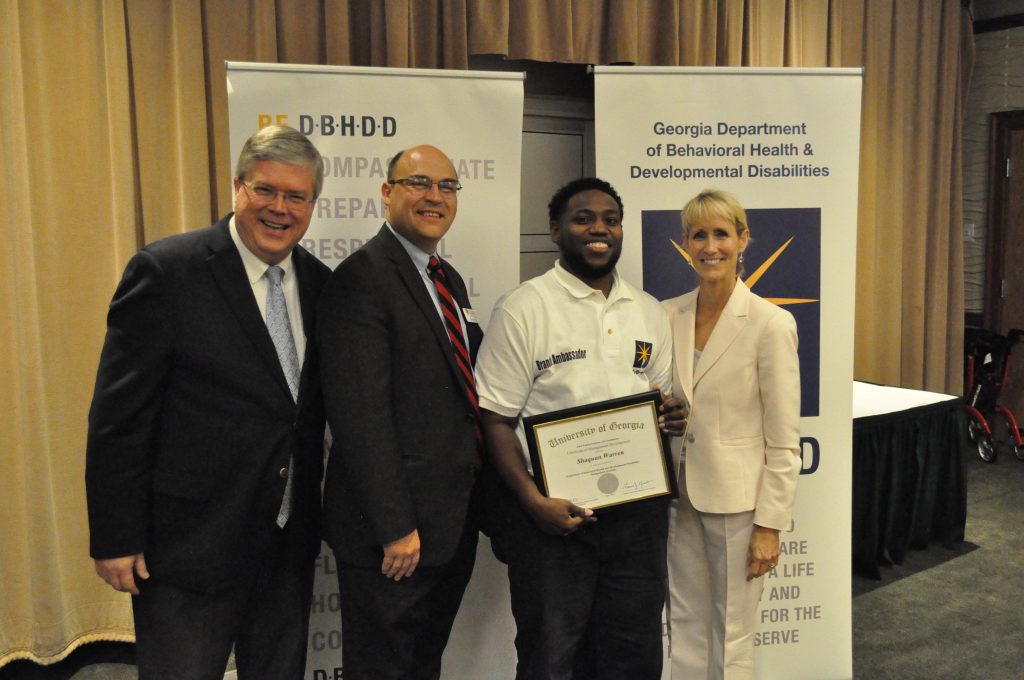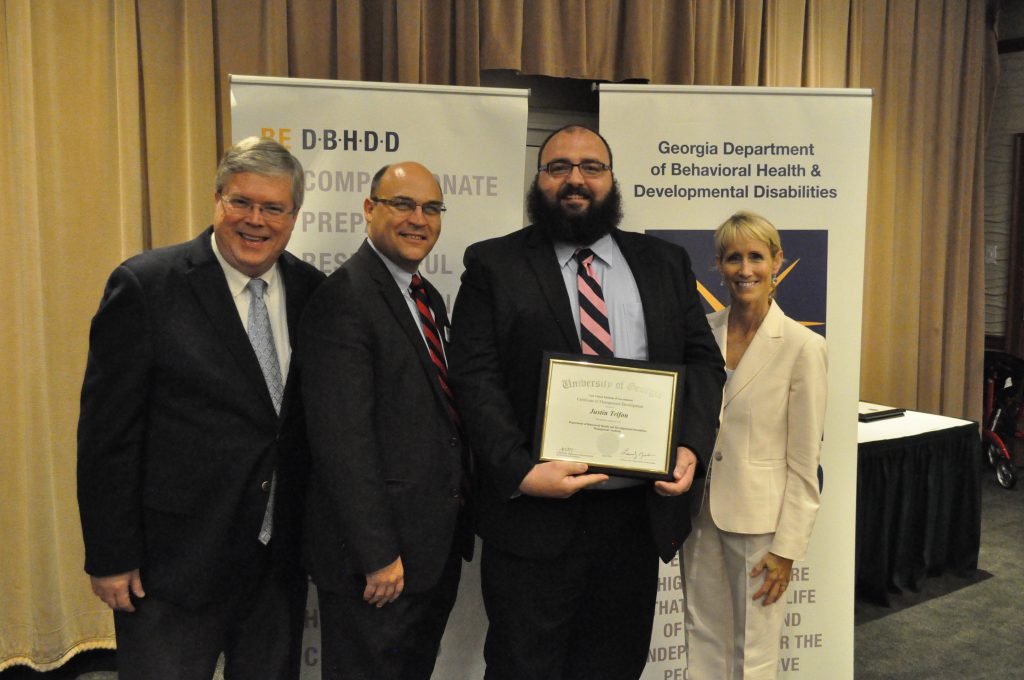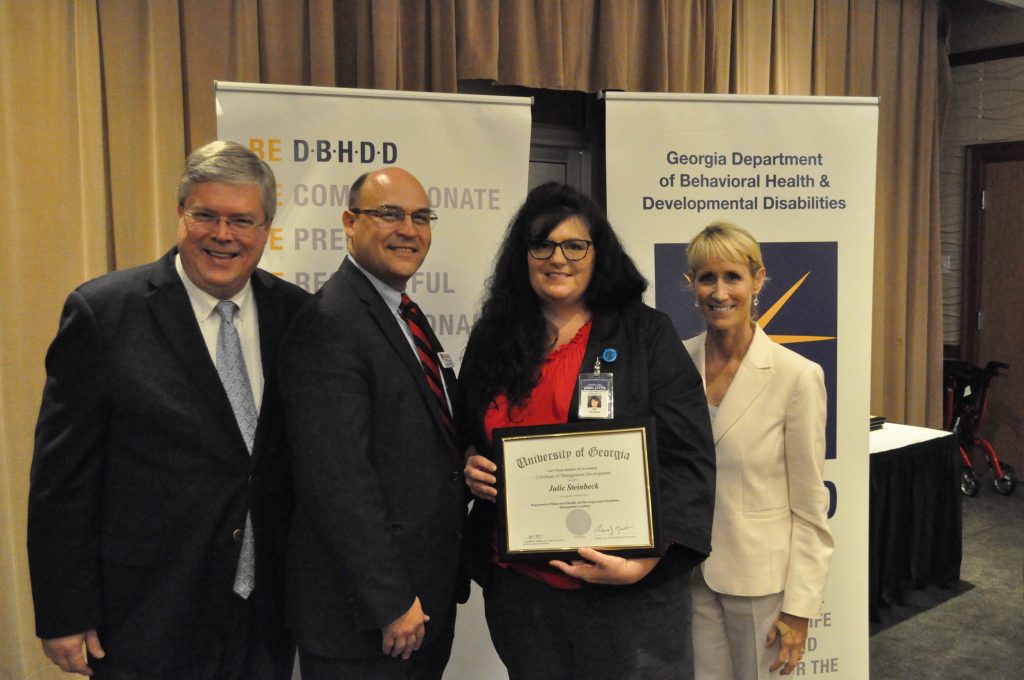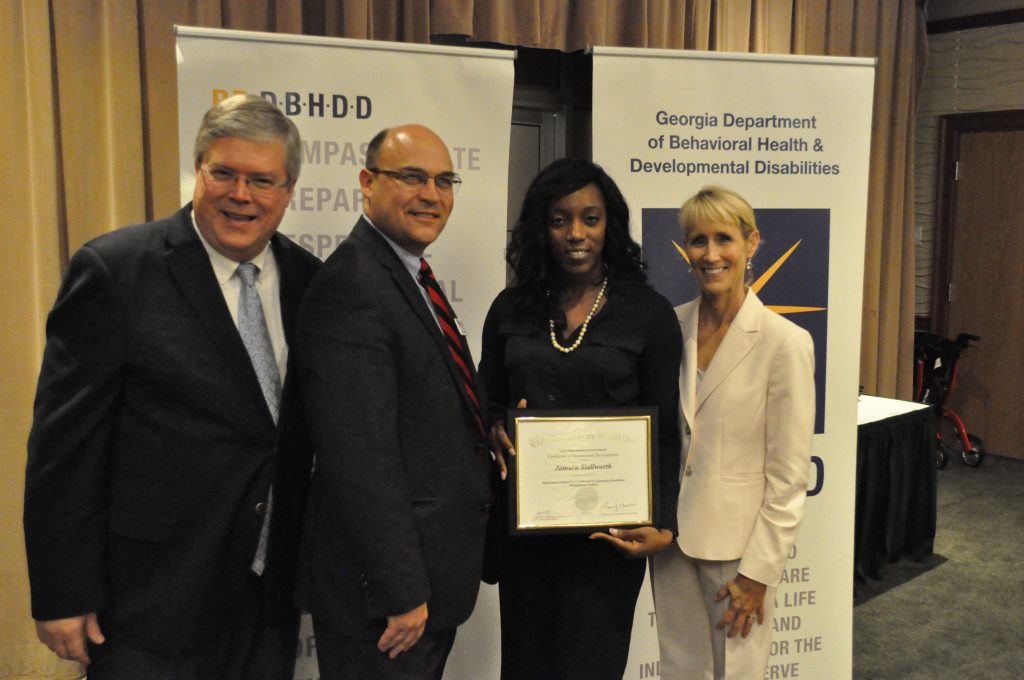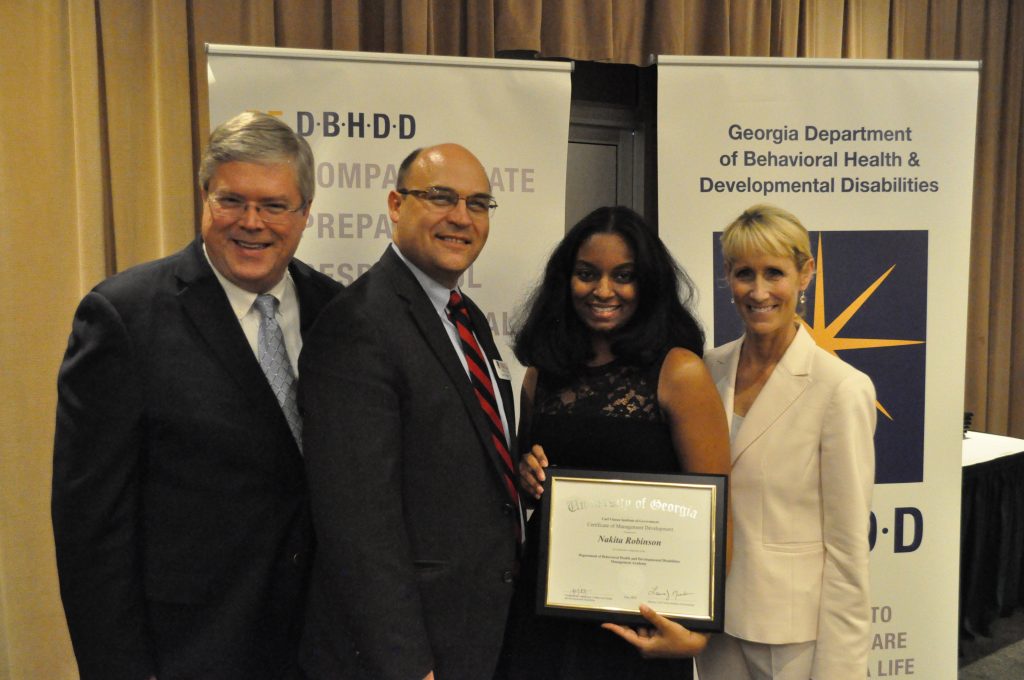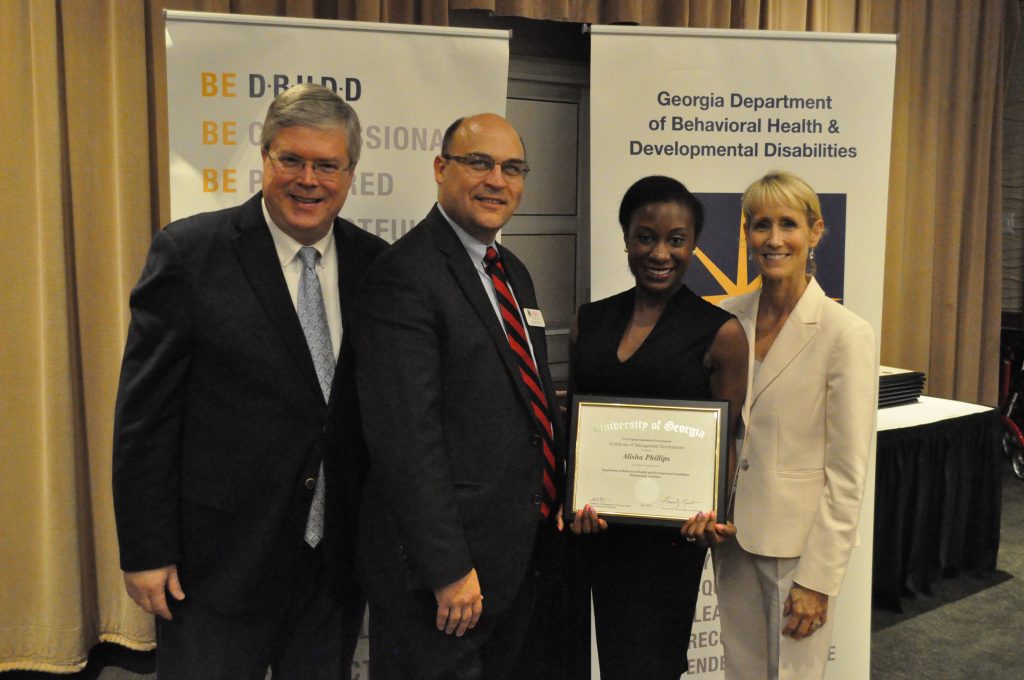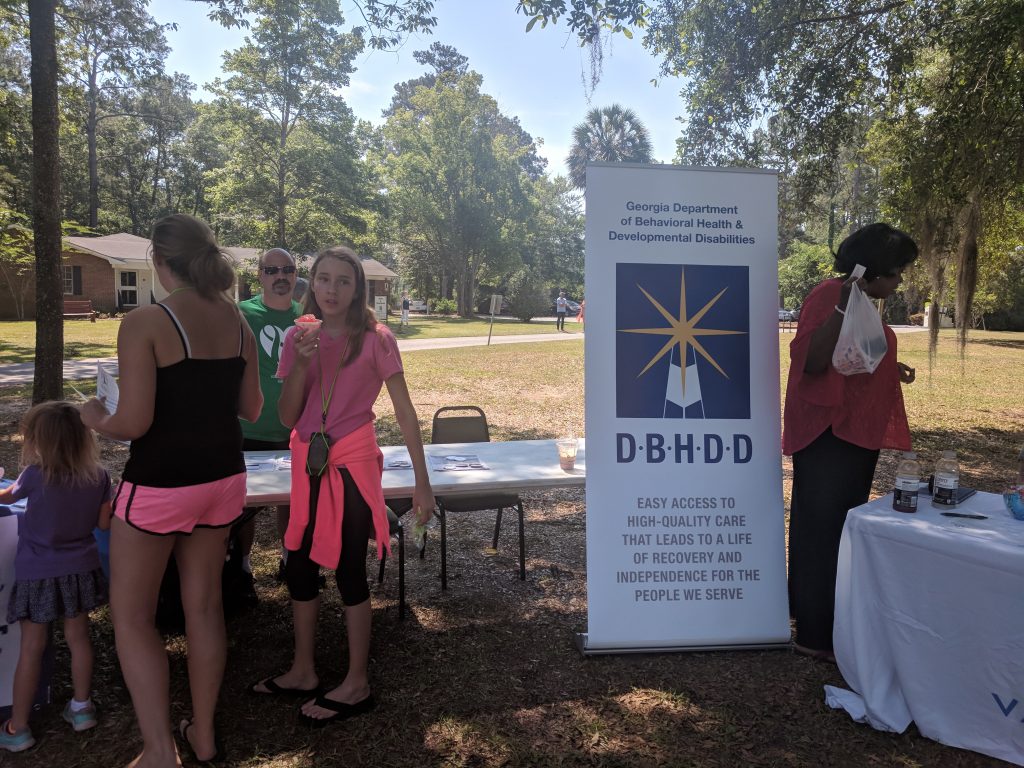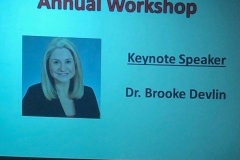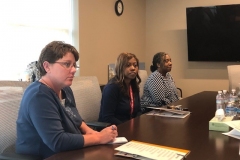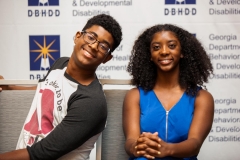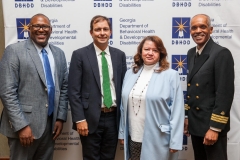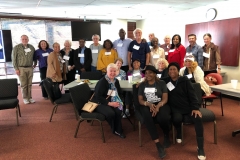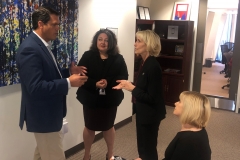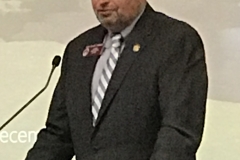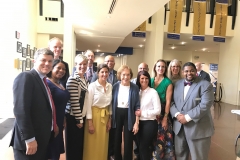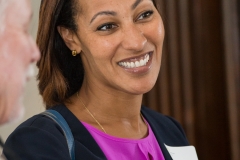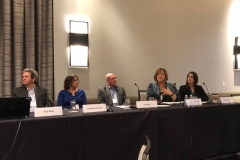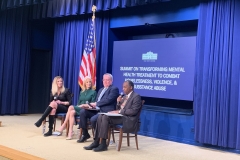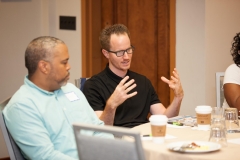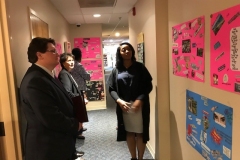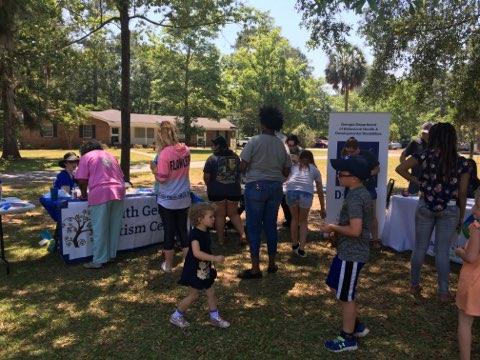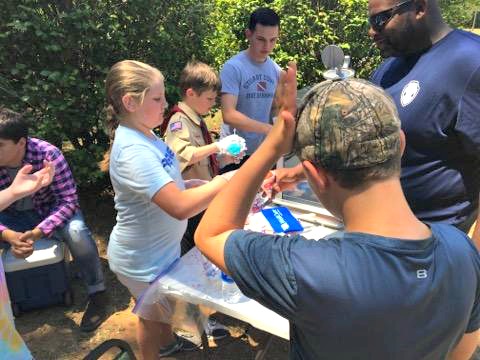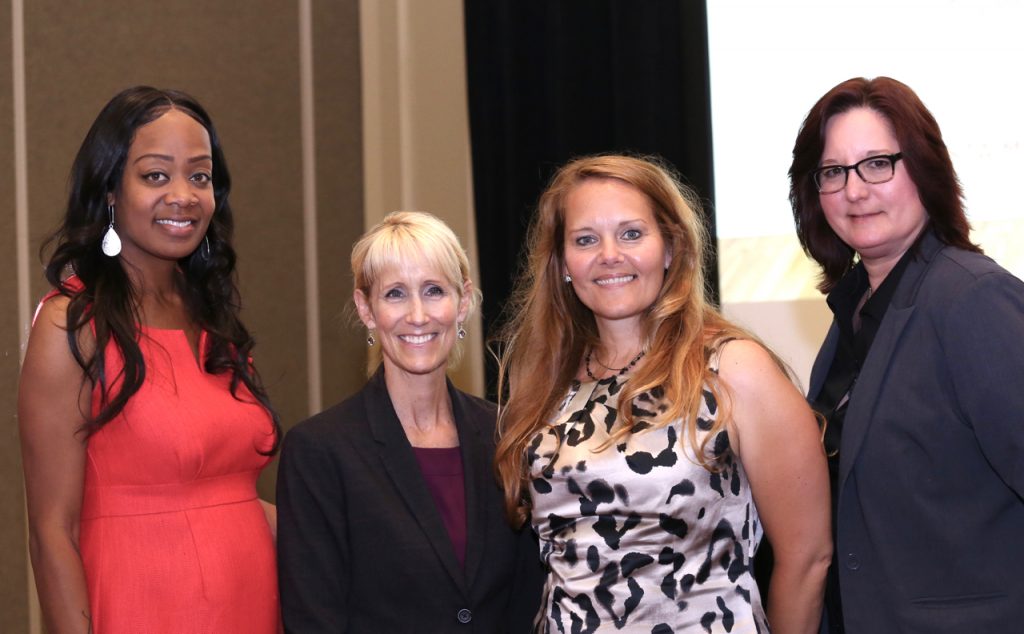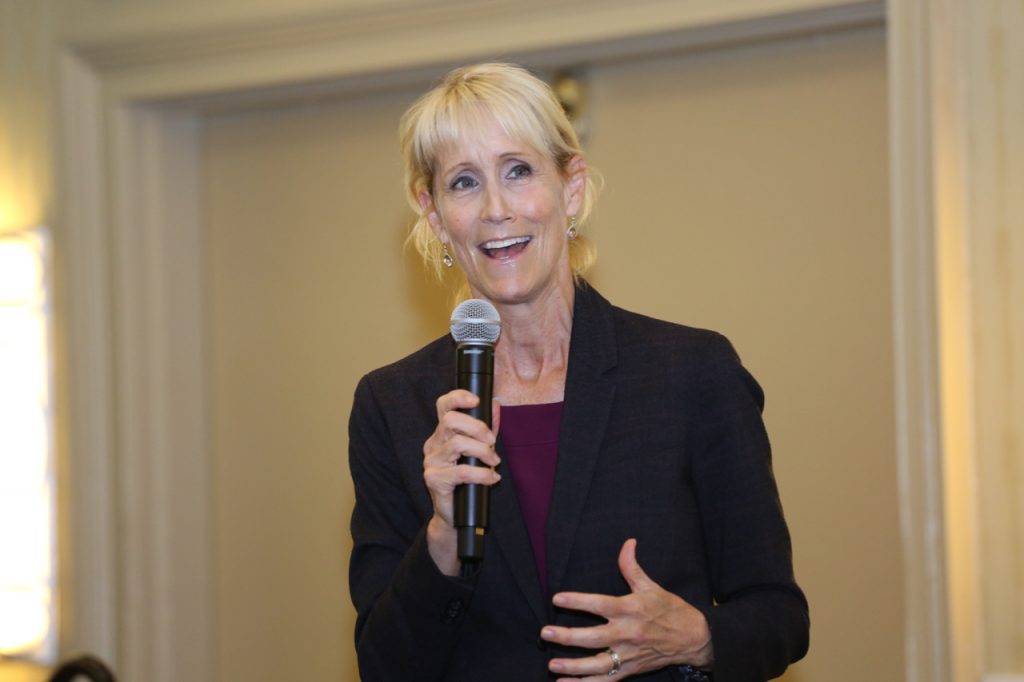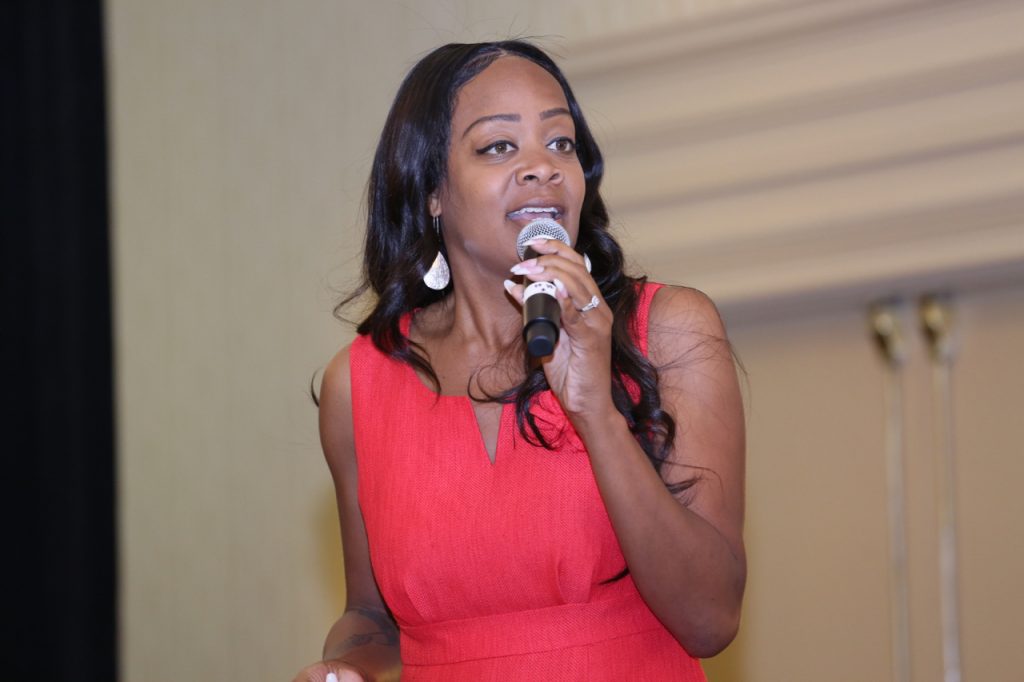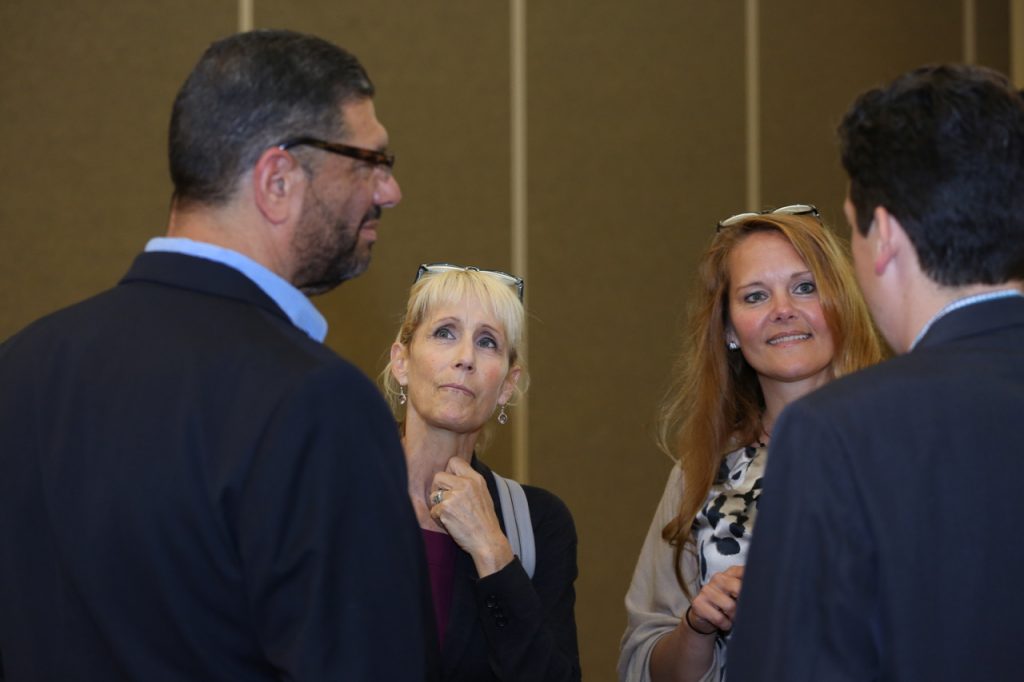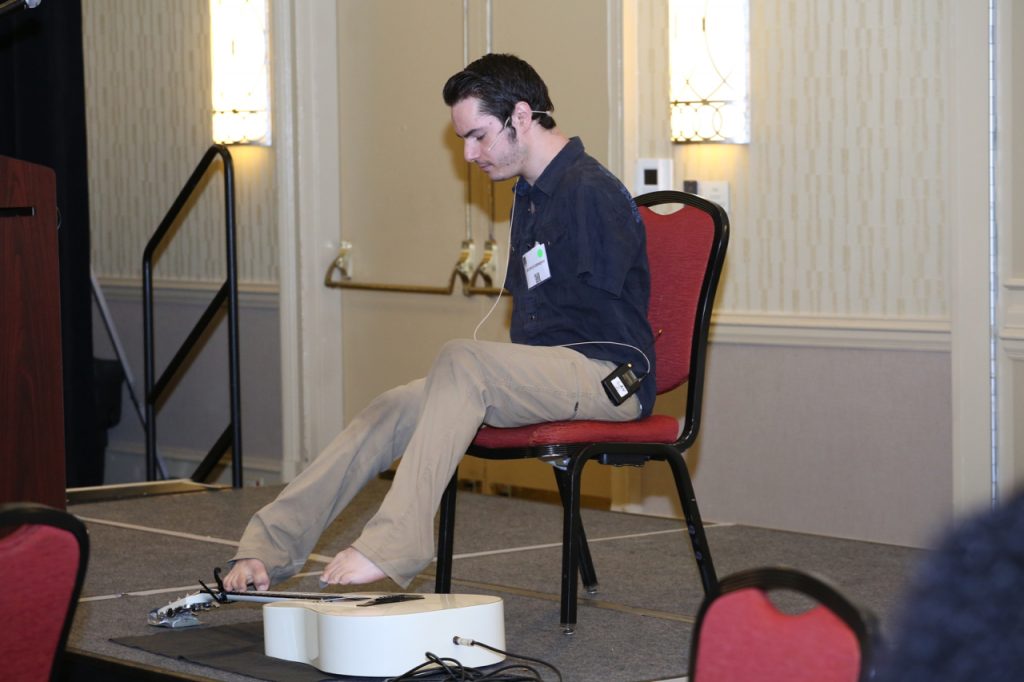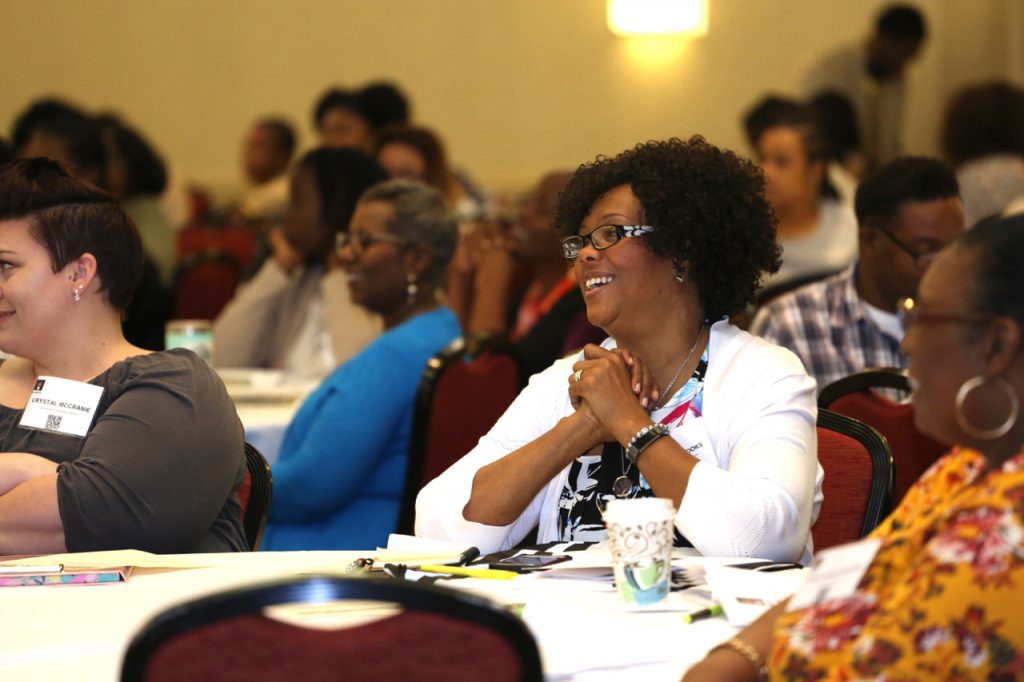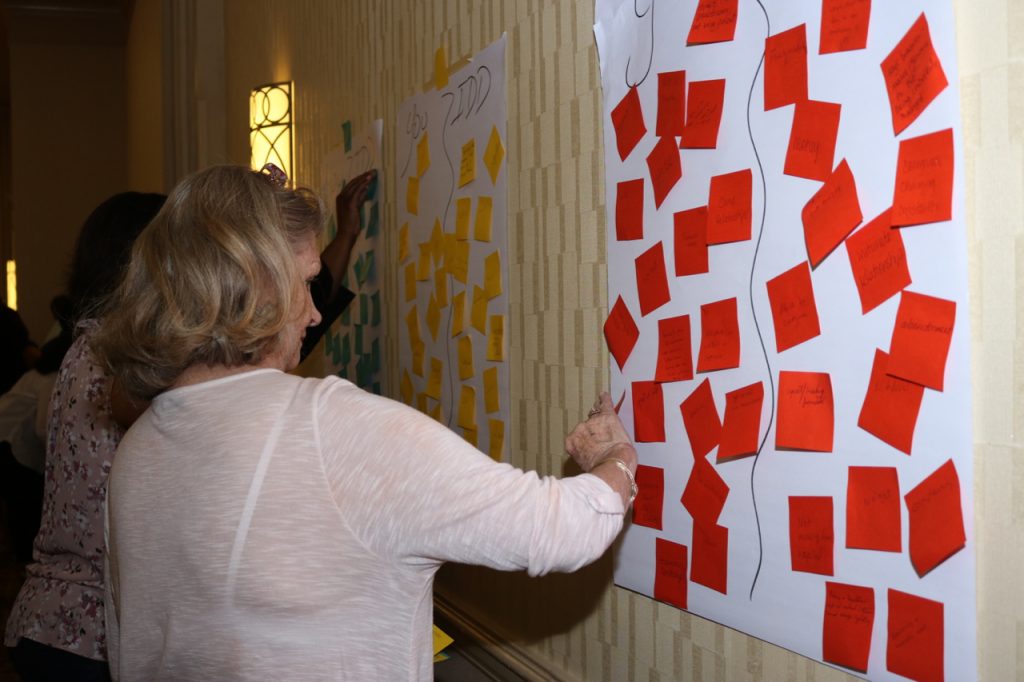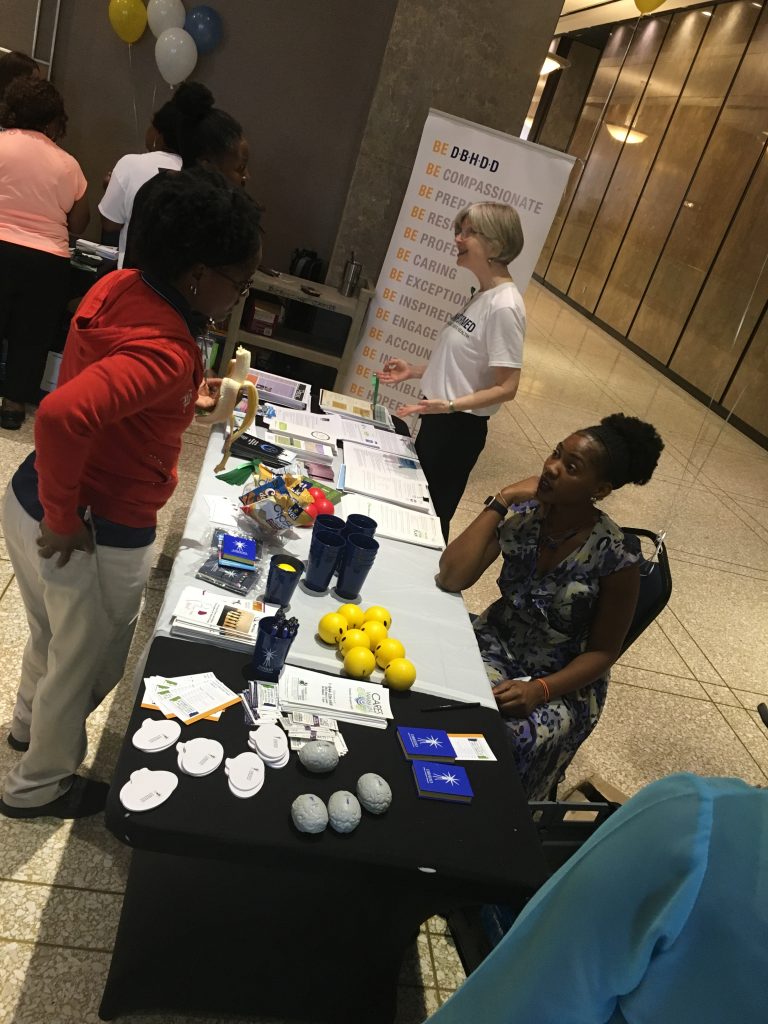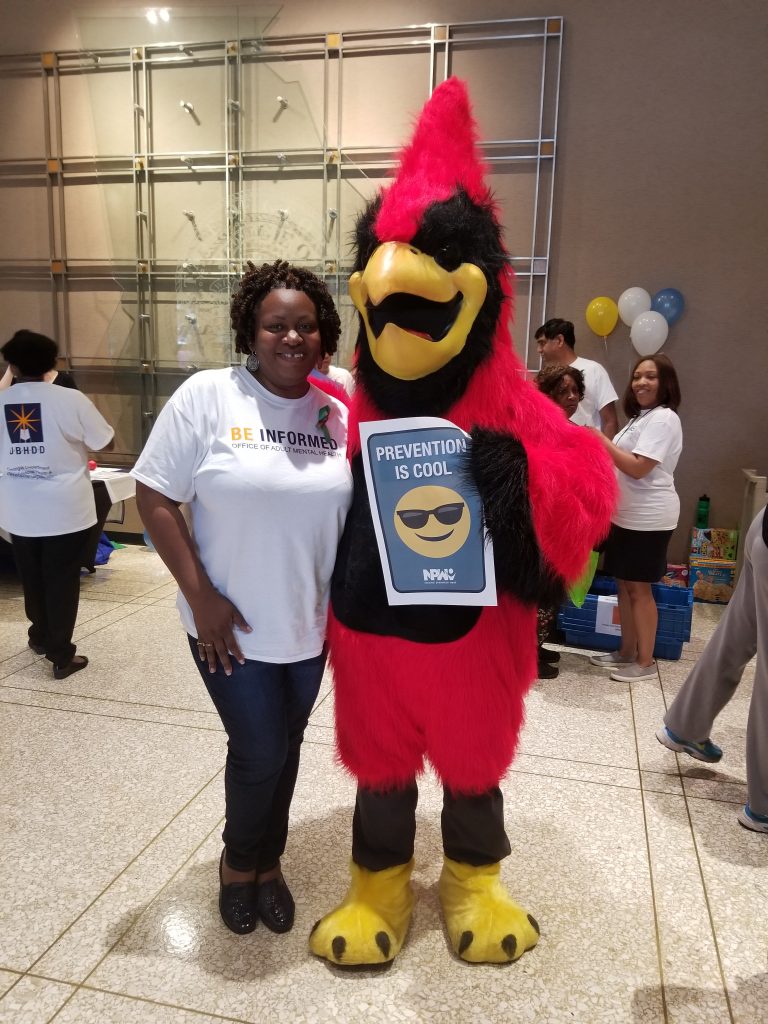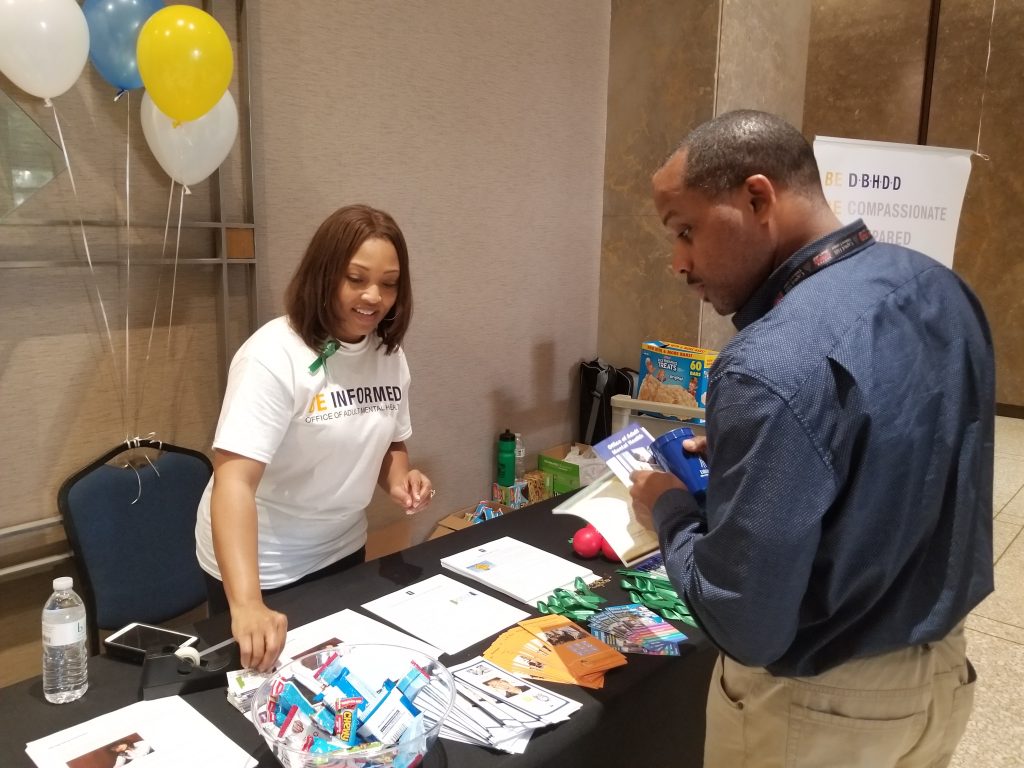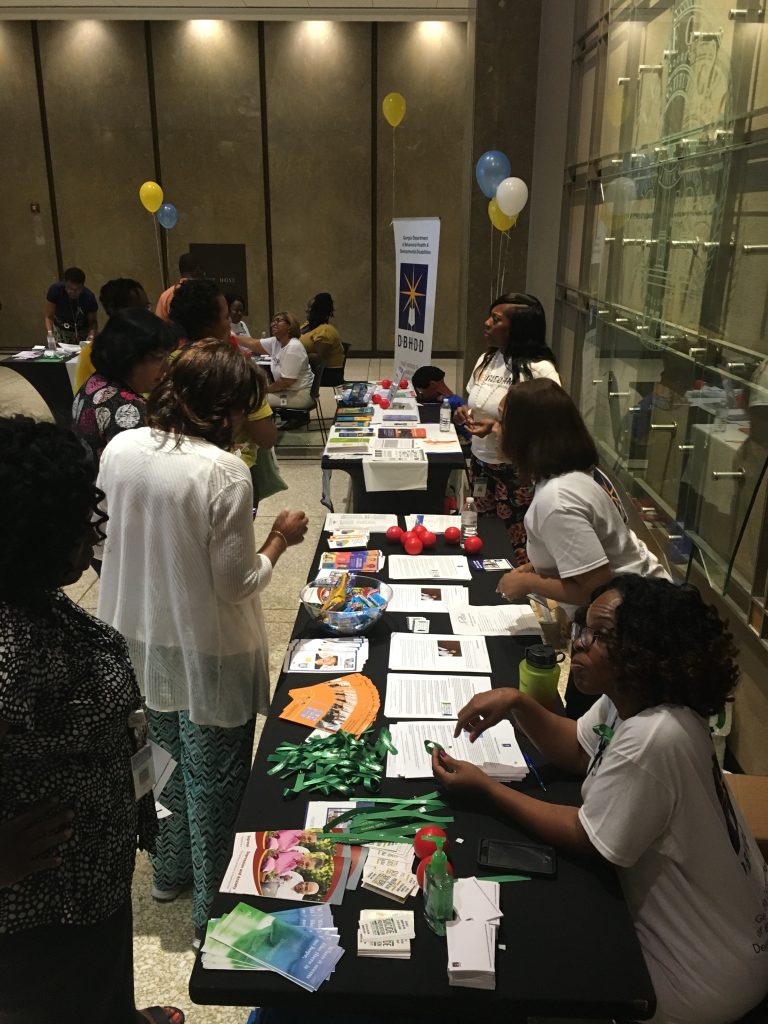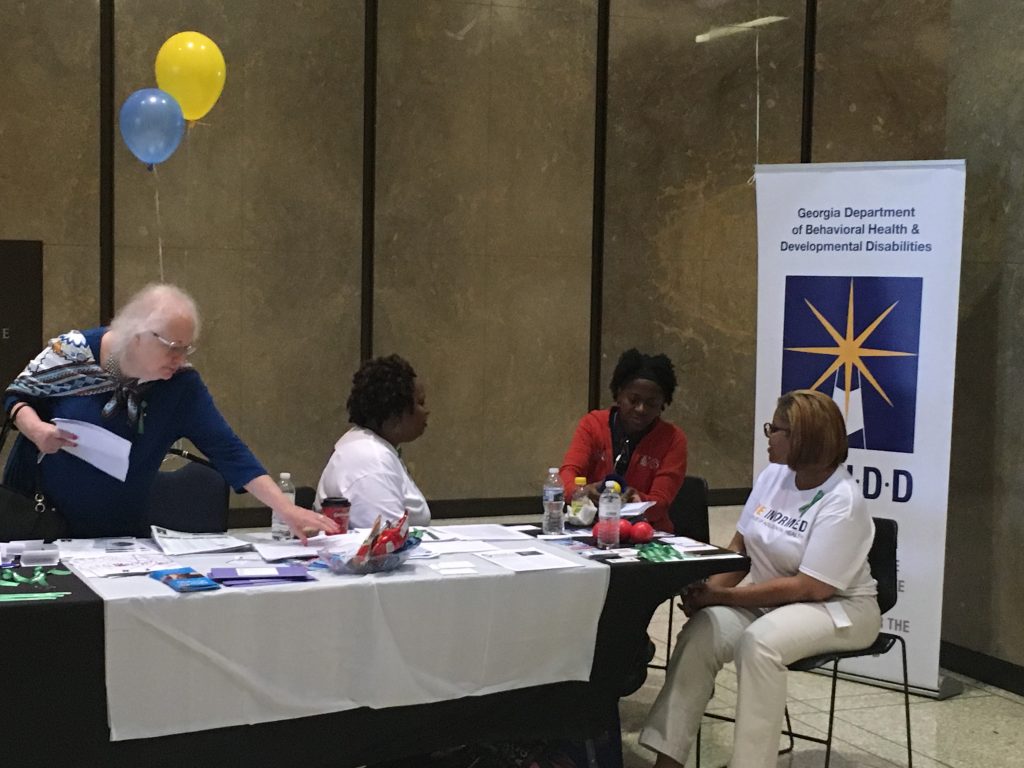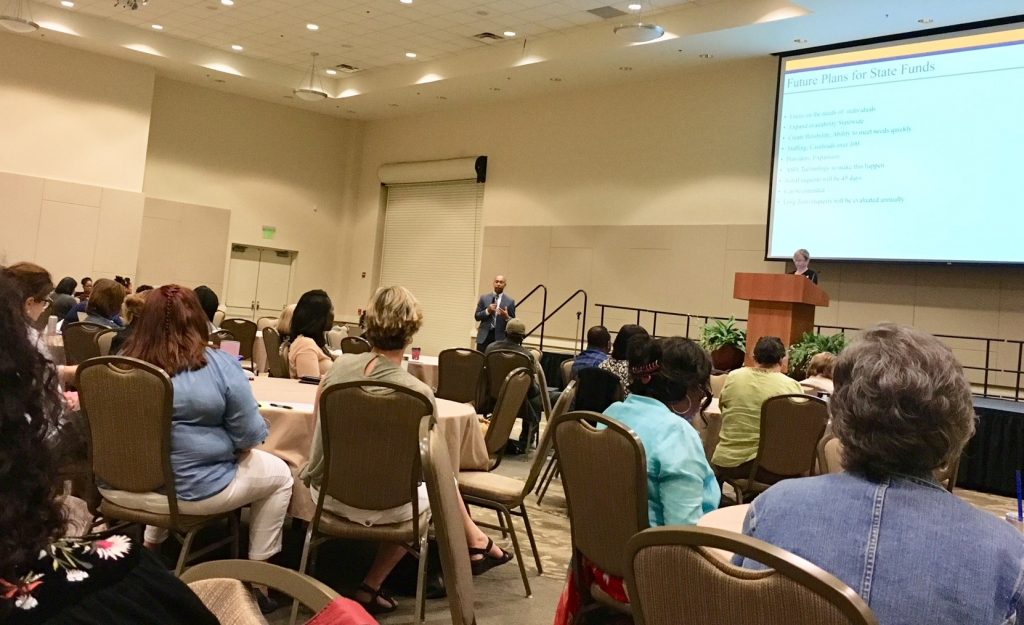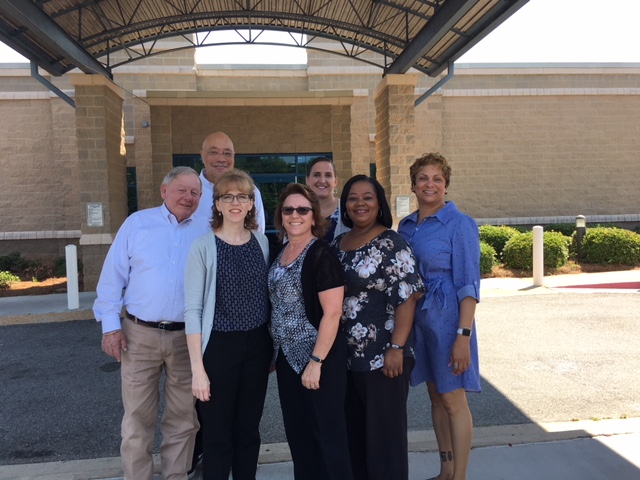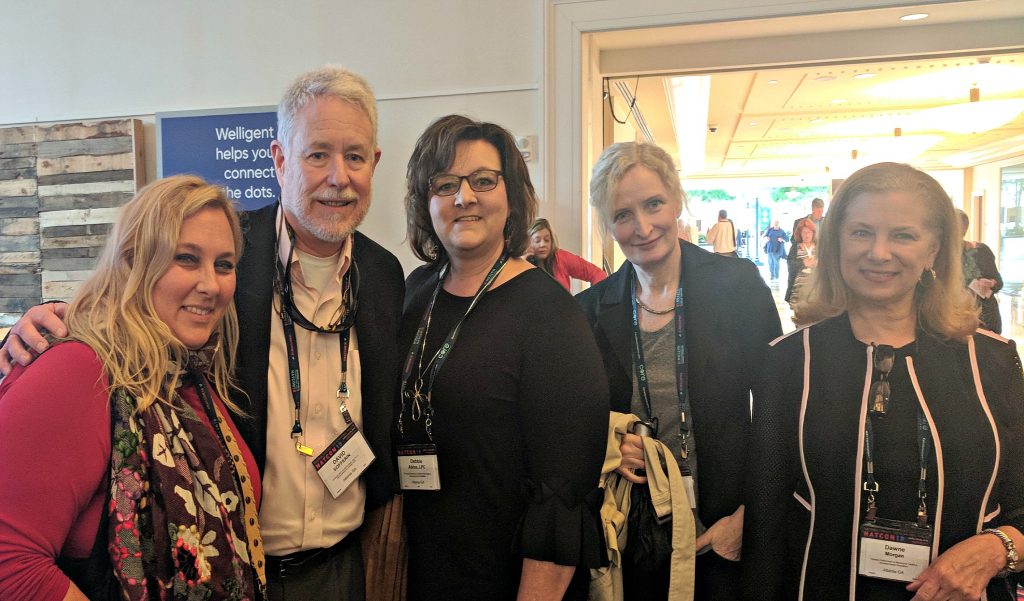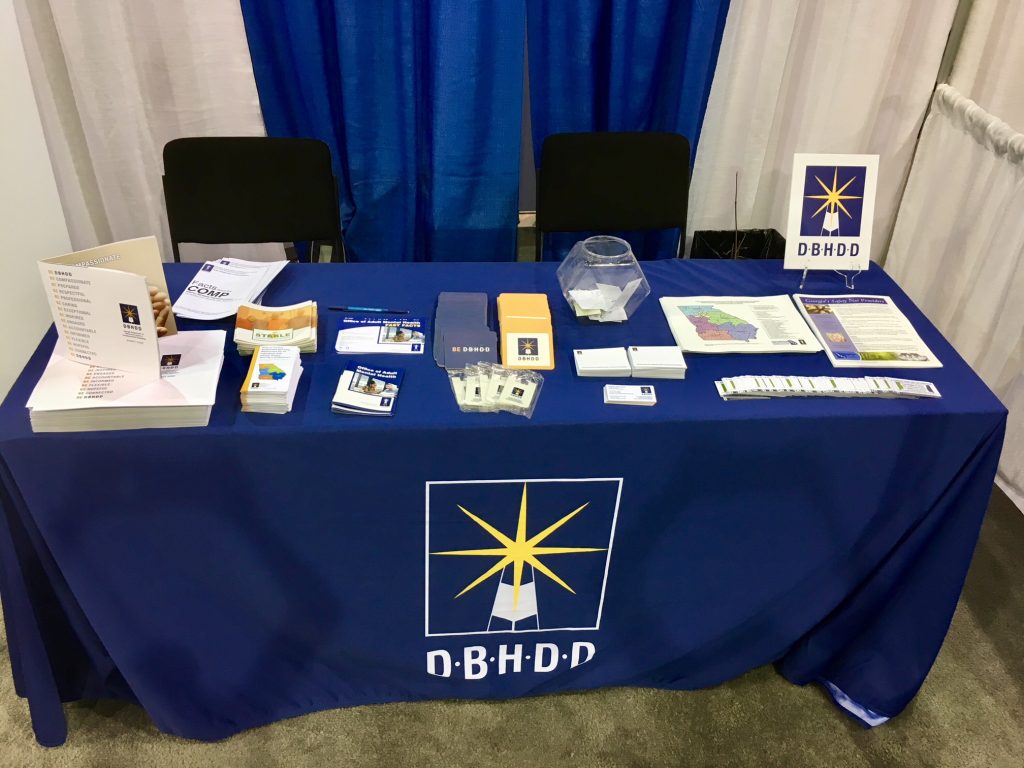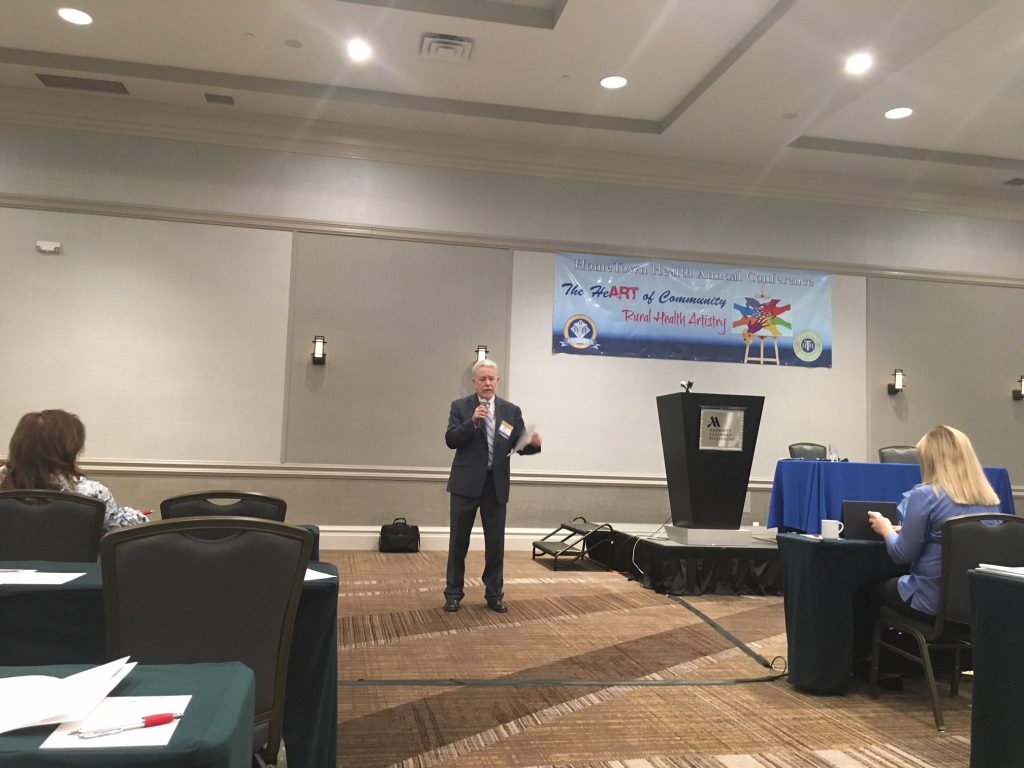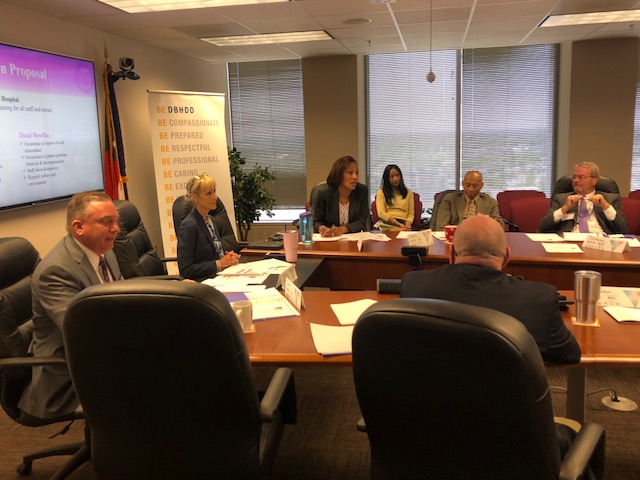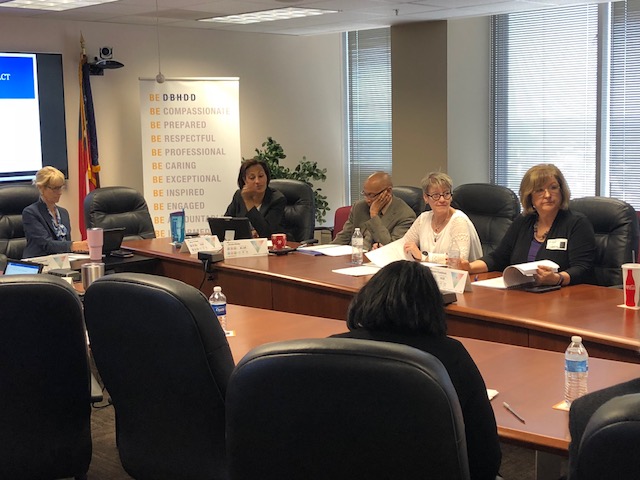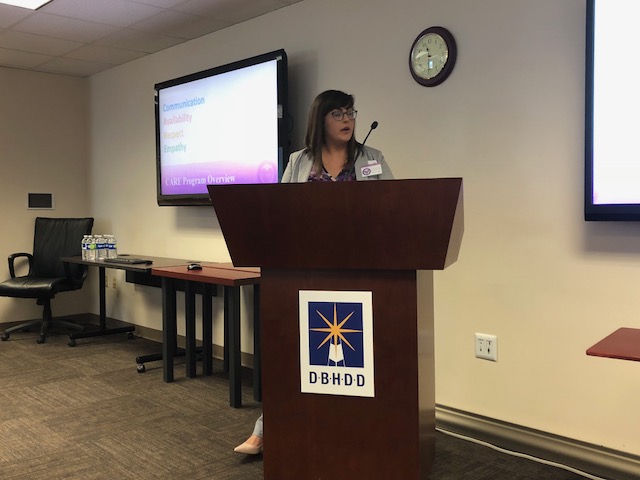This is that wonderful time of year when many are honored for graduating. For some, this is the culmination of years of hard work, dedication, and achievement; and for others, a stop along the way on a continuum of formal education and training. In either case, many do so with the realization that learning does not end with the earning of a diploma or degree. It is a lifetime journey in which we accept responsibility for improvement of self and the world around us.
Peter Senge carried this message to organizations in his book, The Fifth Discipline: The Art and Practice of the Learning Organization, stating, “The organizations that will truly excel in the future will be those that discover how to tap people’s commitment and capacity to learn at all levels of the organization.” At DBHDD, we believe in this philosophy and are truly committed to becoming a Learning Organization—one in which we continue to grow and develop through awareness of self and others, education, training, collaboration, and commitment to excellence in all we do.
DBHDD’s Office of Human Resources and Learning plays an integral part in supporting our evolution as a Learning Organization. Aligned with DBHDD’s mission and vision, HR and Learning is at the forefront of ensuring that we have a skilled, engaged, and high-performing workforce to meet the needs of the people we serve.
Our Learning Team (formerly the Office of Learning and Organizational Development, or “OLOD”), comprises an important part of our integrated Office of HR and Learning. Led by Mark Green, director of HR and Learning, and Theodore Carter, Jr., senior director of Learning, the team is responsible for the development, acquisition, and delivery of high-quality, evidence-based learning solutions to DBHDD staff, community providers, and the people we serve.
Learning is comprised of three major sections:
- Hospital Training Administration, led by Donna Johnson, Ph.D.
- Training Programs for Divisional, Office, and Community-Based Training, led by April Umstead, Ph.D.
- Learning Systems and Content Development, led by Ann Rogers
The efforts of each of these groups is augmented through our partnership with the University of Georgia’s Carl Vinson Institute of Government (CVIOG). A prime example of the value of this collaboration is shown in DBHDD’s Management Academy, a certification program helping to equip selected team members with the skills and tools necessary to position the department as an “Employer of Choice” and achieve our mission and vision. To date, some 200 emerging leaders have participated in the program, with many of the graduates advancing to fill critical roles and/or assume increased responsibilities within DBHDD.
Within our hospitals, training program administration teams coordinate with local leadership and subject matter experts to ensure that new staff are enthusiastically and effectively introduced to the organization. This is accomplished through our redesigned/refreshed new staff orientation (NSO). Implemented in 2017, NSO provides a meaningful and engaging onboarding experience for all staff, and prepares them for further training and learning on the job. Mundane classroom-based lecture and reading was replaced by streamlined content, group discussion and activities, and a totally refreshed look and feel to the orientation experience. Staff can sense the learning culture of DBHDD and are encouraged to carry their energy and passion into their work.
The work of Hospital Training Administration doesn’t end there! The team supports delivery of approximately 175,000 hours of annual recertification training to hospital staff. These trainings are critical to ensuring that staff acquire and sustain knowledge, skills, and competency necessary in performing their roles, and are a critical component in achieving/maintaining facility accreditation.
Training Programs for Divisional, Office, and Community Team members provide learning solutions which greatly enhance DBHDD and the provider network’s ability to meet the needs of the people we serve; and ensure their quality of care, health, and safety within the healthcare continuum. This is done through comprehensive project development, management, and coordination, and the presentation and/or facilitation of a multitude of offerings. Often behind the scenes, yet instrumental to the success of our largest events, the team coordinates with speakers, vendors, and venues to ensure that all aspects of program delivery are excellent, and desired outcomes achieved. Did you know that our diverse training programs are attended by more than 6,000 participants annually?
Learning must assist in ensuring that staff and stakeholders are informed, connected, and accountable. Achieving this requires content and delivery of learning solutions which meet the needs and style of the learner. Learning Systems and Content Development create and adapt curricula, incorporating technology, and leveraging cutting-edge training modalities to bring learning to the places where we are and work. The DBHDD University website provides direct 24-7 access to a library of more than 2,500 offerings and online certification courses and trainings to build a broad spectrum of skills and competencies.
We are proud that DBHDD’s Learning Team is viewed among the elite within the learning community of state government. This team continues to seek ways to support and advance the skills, abilities, passion, and contributions of our staff, providers, and partners. We believe that an engaged and informed workforce in Georgia is the best path to achieve our shared goal of improved outcomes for the people we serve.
Judy Fitzgerald
Commissioner
